1. When was the last time you washed your dirty sheets?
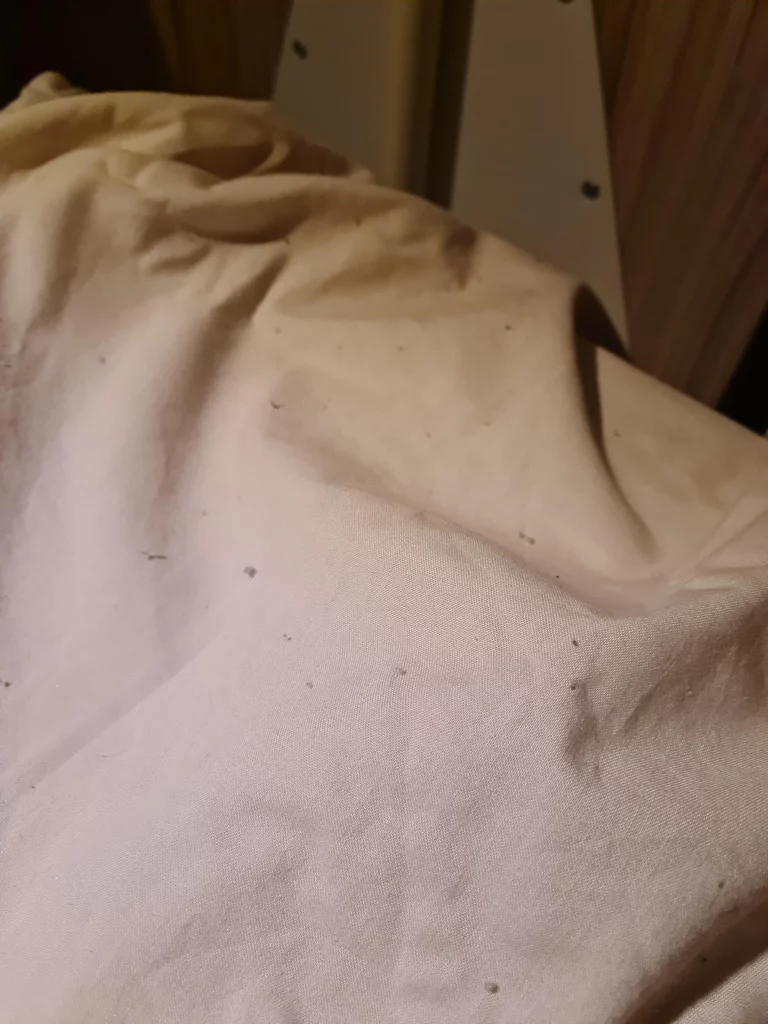 image source: reddit.com
image source: reddit.com
Sleeping in dirty sheets can create a breeding ground for various unwelcome guests in your bed. Over time, sweat, oils, dead skin cells, and microscopic dust mites accumulate in the fabric, fostering an environment that not only smells unpleasant but can also trigger allergic reactions or skin irritation.
2. You haven't washed your pyjamas in a while, either

image source: reddit.com
Regularly washing your pajamas is essential for maintaining personal hygiene and preventing potential health issues. Similar to sheets, pajamas can absorb sweat, oils, and bacteria from your body throughout the night. Without regular washing, these substances accumulate in the fabric, leading to unpleasant odors and increasing the risk of skin problems such as acne or irritation.
3. You pick at your skin or nails in bed
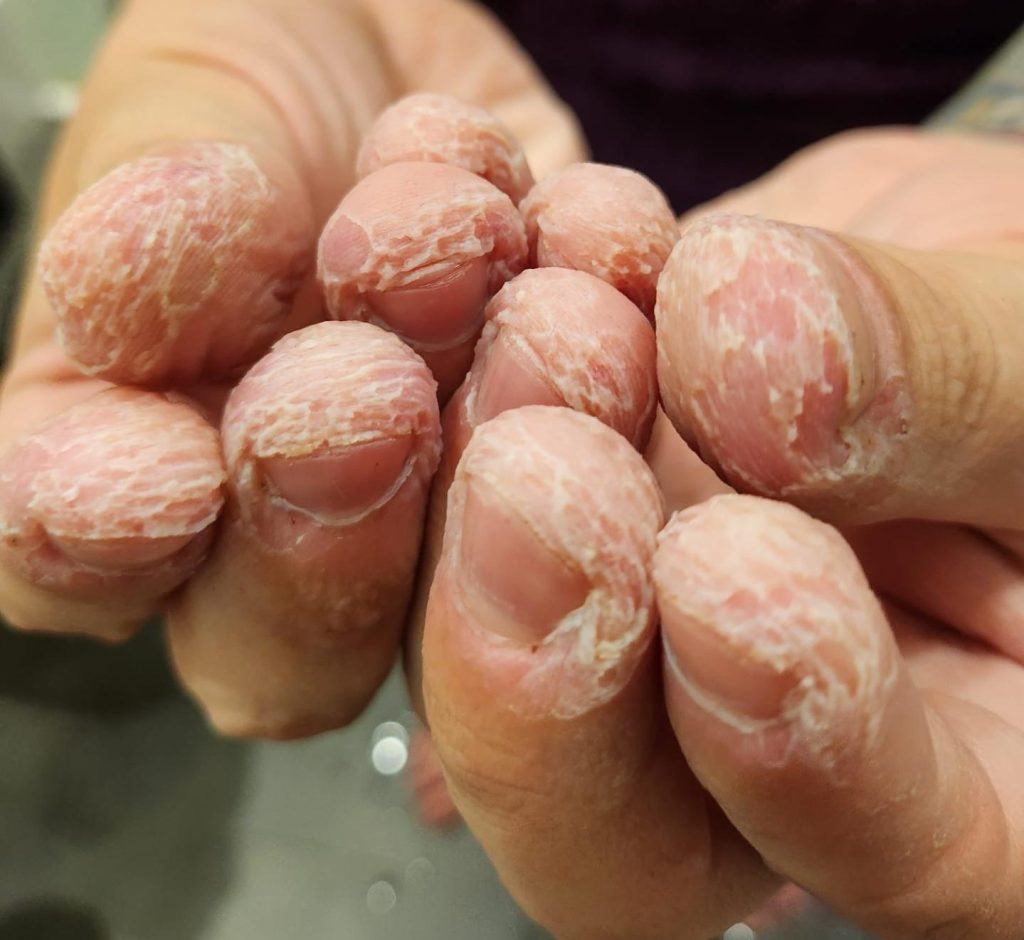 image source: reddit.com
image source: reddit.com
Picking at skin or nails while in bed may seem like a harmless habit, but it can have undesirable consequences for both your skin and your bedding. Continuously touching your skin with unwashed hands can transfer bacteria, oils, and dirt from your hands onto your bedding, increasing the likelihood of developing skin irritations or infections.
4. Your pillowcases haven't been changed for a long time
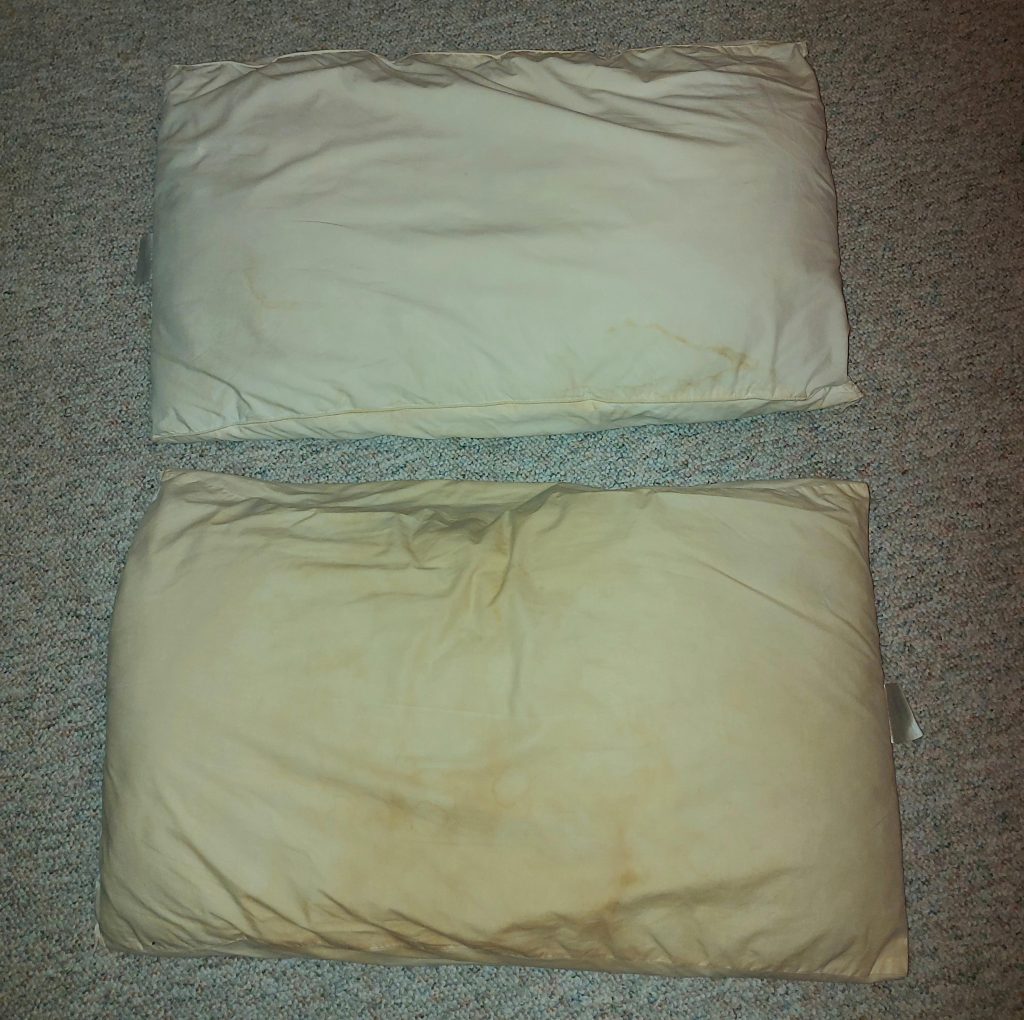 image source: reddit.com
image source: reddit.com
Changing your pillowcases regularly is crucial for promoting good hygiene and preventing potential skin issues. Pillowcases accumulate oils from your skin and hair, as well as collect dust mites and allergens over time. Failing to clean or change your pillowcases frequently can result in the transfer of these substances back onto your face and neck night after night.
5. You enjoy a midnight snack in bed
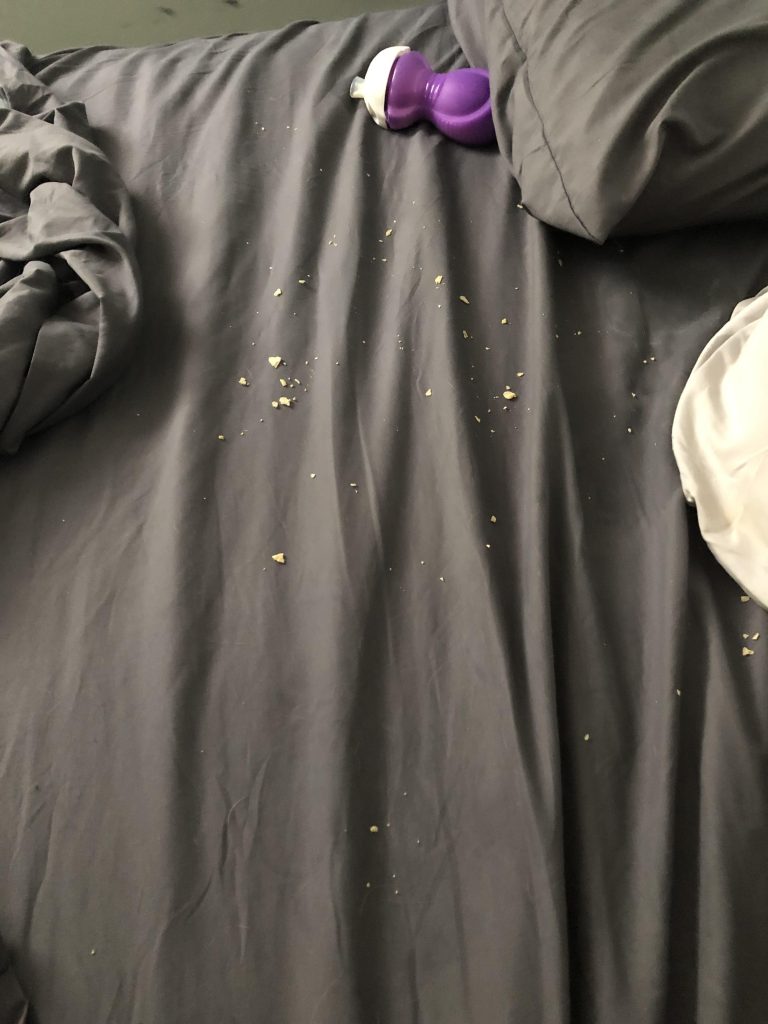 image source: reddit.com
image source: reddit.com
Indulging in eating while in bed can introduce a myriad of hygiene issues that extend beyond mere crumbs. Food particles left behind can attract pests such as ants or mice, creating an unhygienic environment in your sleeping space. Additionally, spilled liquids can seep into bedding materials, promoting mold growth and generating unpleasant odors.
6. That dirty laundry pile on the floor is a permanent fixture
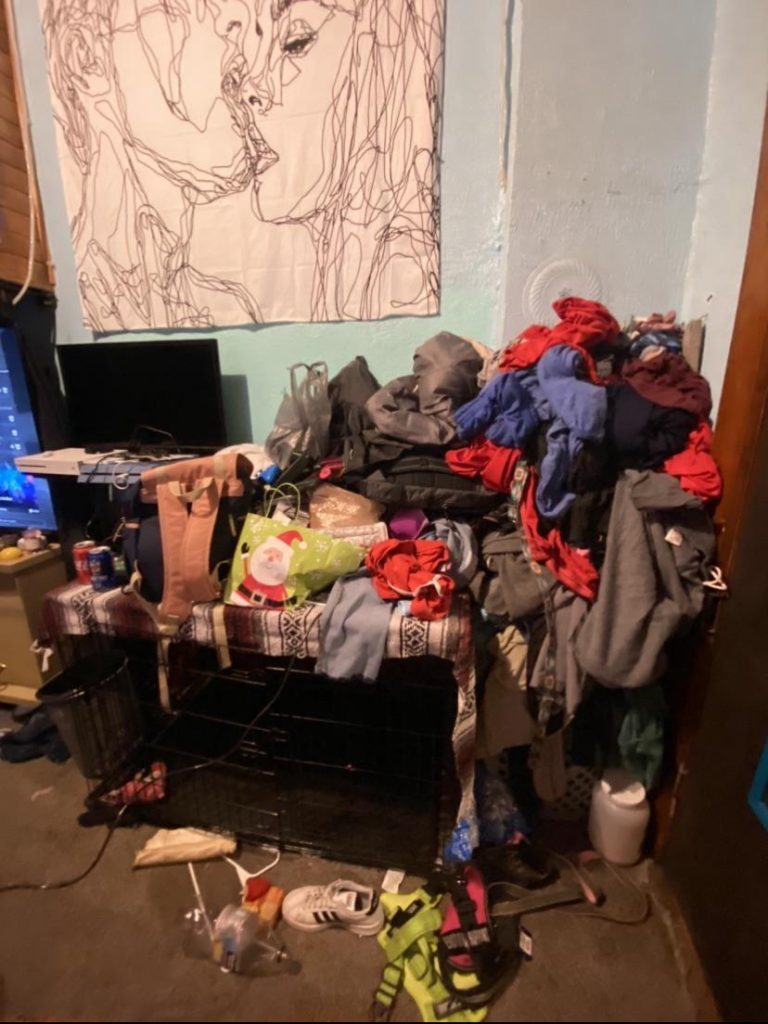 image source: reddit.com
image source: reddit.com
Leaving dirty laundry strewn across the bedroom floor may seem like a harmless habit, but it can have significant consequences for both hygiene and health. Dirty clothes left unattended provide an ideal environment for the accumulation of bacteria, mold, and mildew. As moisture from sweat or spills seeps into the fabric, it creates a breeding ground for microorganisms that thrive in damp conditions.
7. Your pet has accidents in the bedroom

image source: reddit.com
Using the bedroom as a pet's bathroom introduces a host of hygiene issues that can compromise both cleanliness and health. Pet accidents not only leave behind unpleasant odors but also introduce bacteria and potentially harmful pathogens into the living space. These bacteria can thrive on surfaces such as carpets, rugs, or bedding, posing a risk of contamination if not promptly cleaned and disinfected.
8. The bedroom is the one place your cleaning/vacuum routine avoids
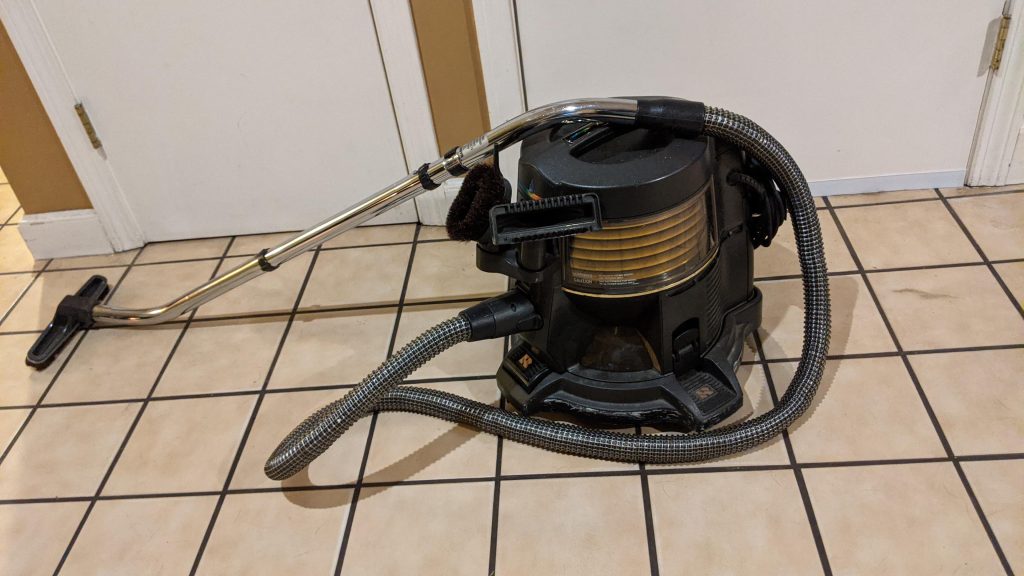 image source: reddit.com
image source: reddit.com
Neglecting to clean or vacuum the bedroom regularly can have detrimental effects on indoor air quality and respiratory health. Dust, pet dander, and other allergens accumulate on surfaces such as carpets, curtains, and upholstery over time, creating an environment that exacerbates allergies and respiratory issues.
9. There's mildew or mold growth from excess moisture
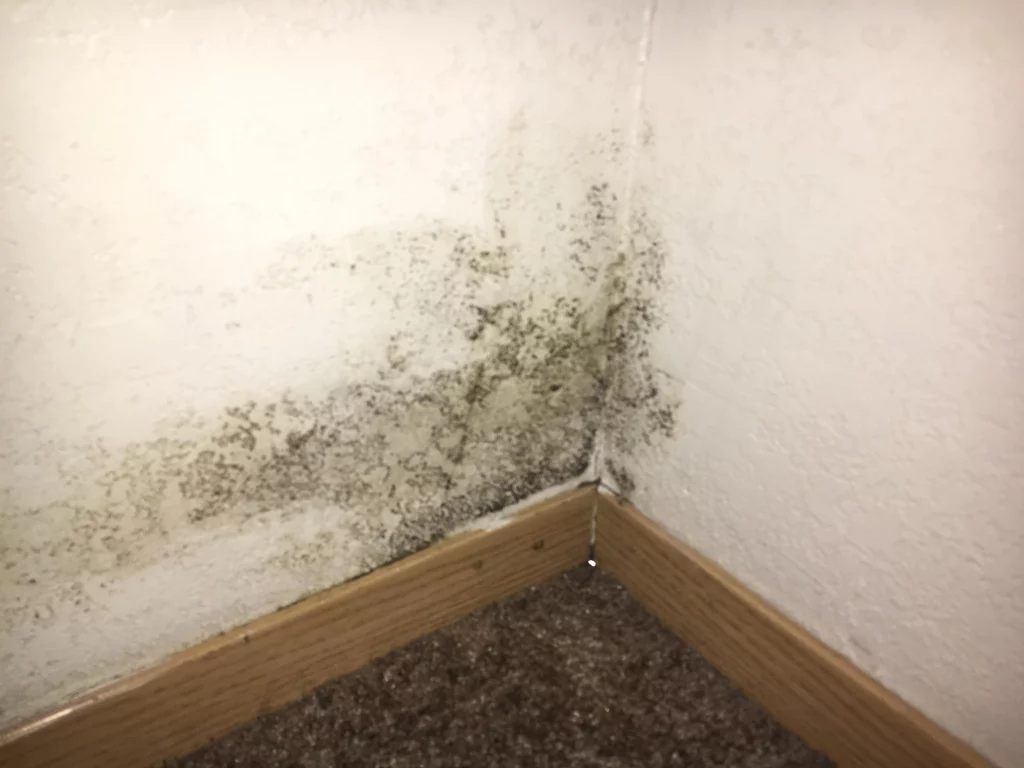 image source: reddit.com
image source: reddit.com
Ignoring mold or mildew growth in the bedroom can have serious implications for both health and hygiene. Moisture buildup from sources such as leaks, condensation, or inadequate ventilation creates an ideal environment for mold and mildew to thrive on surfaces such as walls, ceilings, or carpeting.
10. You've a habit of leaving dirty cups or dishes in your room (coffee in bed, we know...)
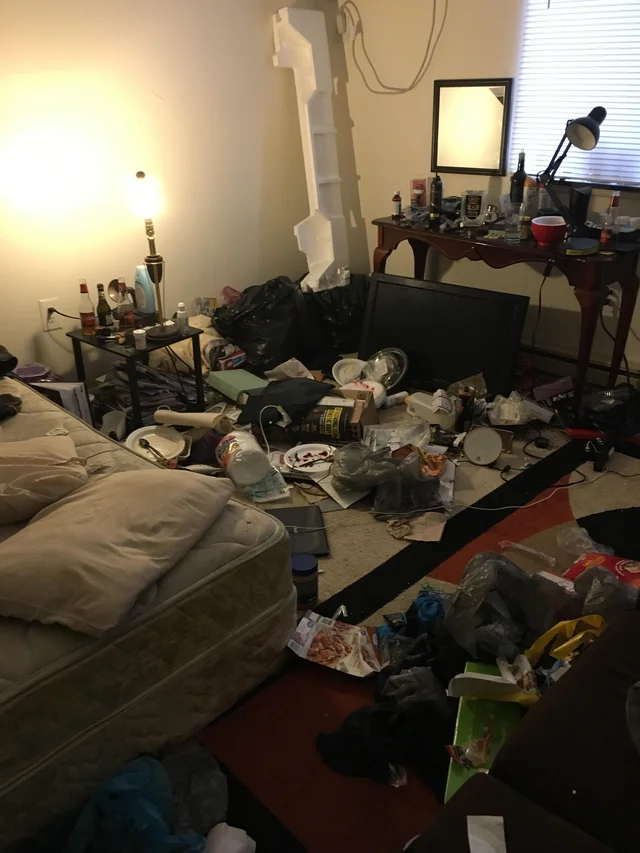 image source: reddit.com
image source: reddit.com
Leaving dirty dishes or cups in the bedroom can have far-reaching consequences for both hygiene and health. Food residue left on dishes or cups attracts pests such as insects or rodents, which can introduce bacteria and contribute to the spread of disease. Moreover, as food decomposes, it emits foul odors that permeate the bedroom environment, creating an unpleasant living space.
11. You leave used tissues or hygiene products on the bedside table
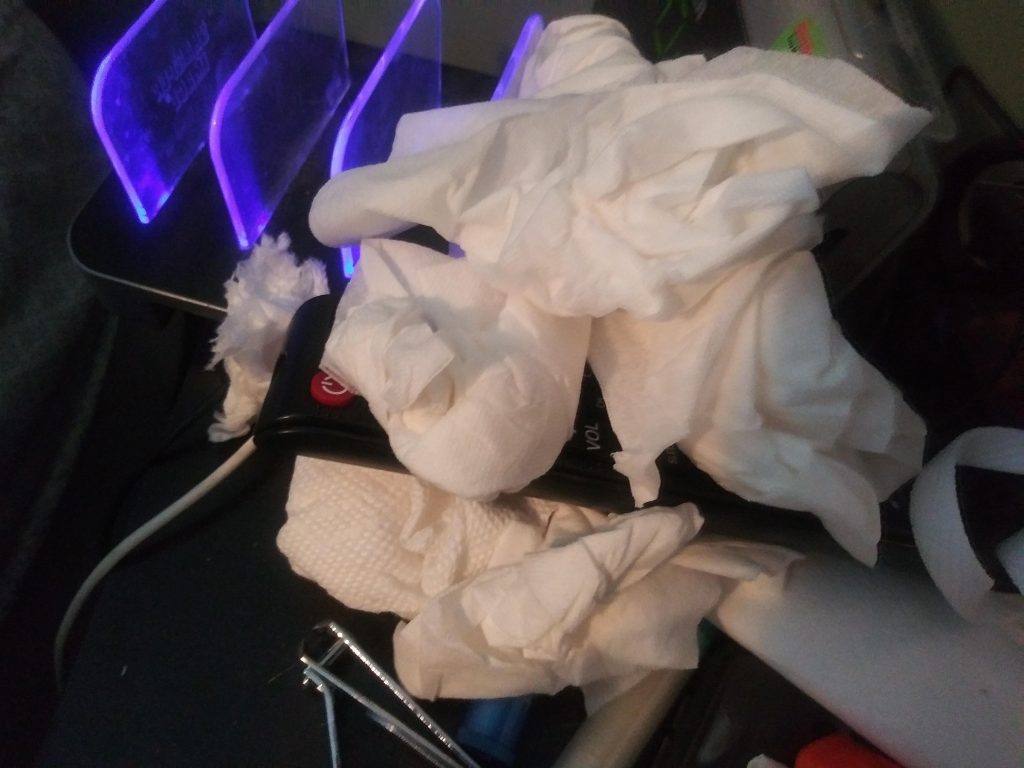 image source: reddit.com
image source: reddit.com
Not properly disposing of tissues or used hygiene products poses a significant risk of spreading illness within the household. Used tissues, in particular, are often contaminated with bacteria and viruses, especially during times of illness. Improper disposal, such as leaving used tissues lying around or failing to discard them promptly, allows these pathogens to linger on surfaces and in the air.
12. Do you sleep with your shoes on?
 image source: reddit.com
image source: reddit.com
You've collapsed on the bed after a drunken night out, and you're still fully dressed with your shoes on. Sleeping with outdoor shoes on introduces a myriad of contaminants into the bedroom environment, which can compromise indoor air quality and contribute to respiratory issues. Outdoor shoes can track in dirt, bacteria, pesticides, and other toxins from the environment, depositing them onto floors and carpets.
13. You have that one damp towel you've been dumping on the bed for an age
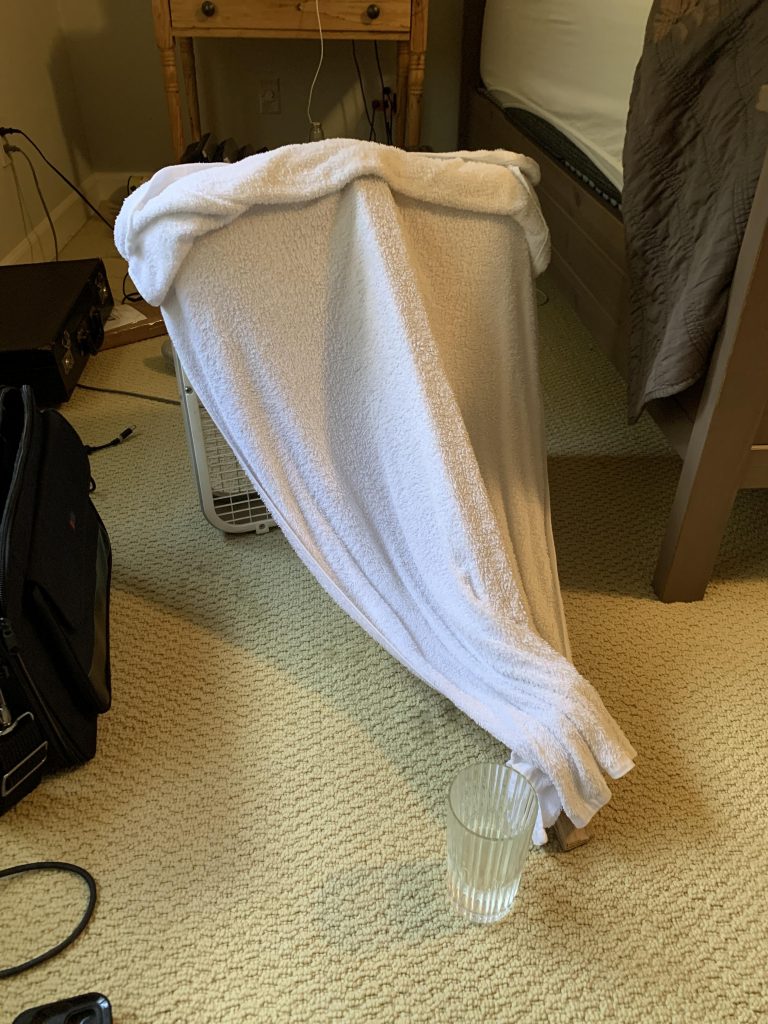 image source: reddit.com
image source: reddit.com
Using the same towel for an extended period can have detrimental effects on both hygiene and skin health. Damp towels provide an ideal environment for the proliferation of bacteria and mold, especially if they are not allowed to dry thoroughly between uses. Over time, these microorganisms can multiply and produce unpleasant odors, as well as potentially cause skin infections or irritations upon contact with the skin.
14. You never air out your bedroom
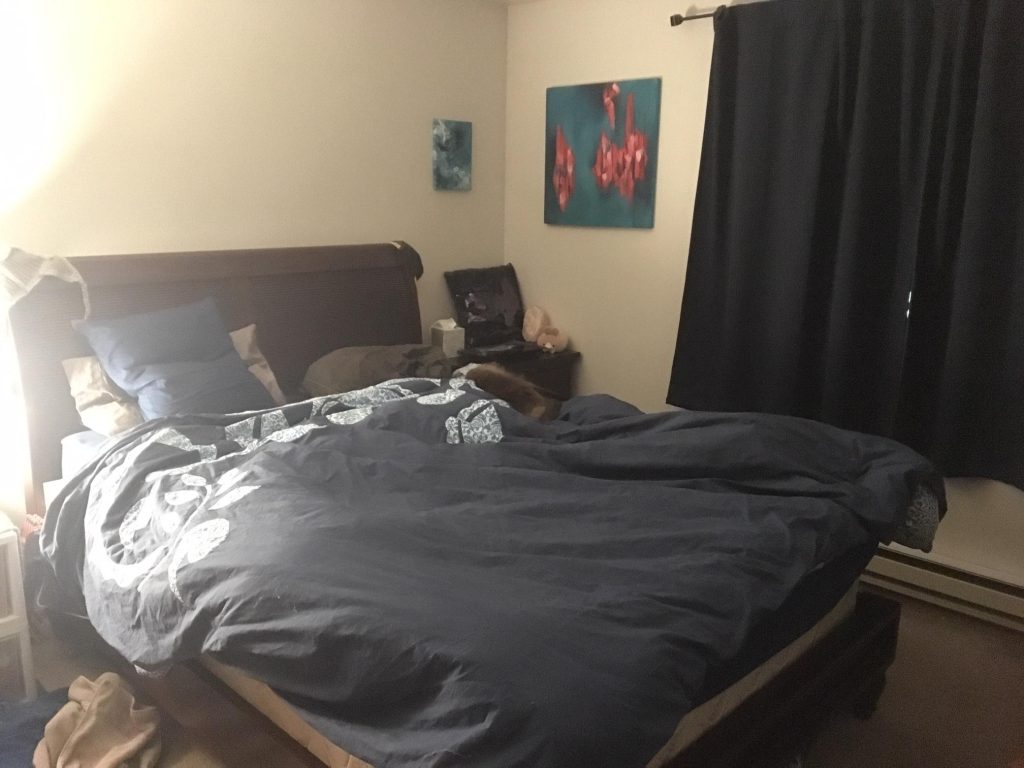 image source: reddit.com
image source: reddit.com
Not airing out the bedroom regularly can lead to a range of issues that affect both physical health and overall comfort. Poor ventilation traps stale air, moisture, and indoor pollutants within the bedroom environment, creating an environment that is conducive to the growth of mold, mildew, and bacteria.
15. The bedroom is your prime hoarding spot
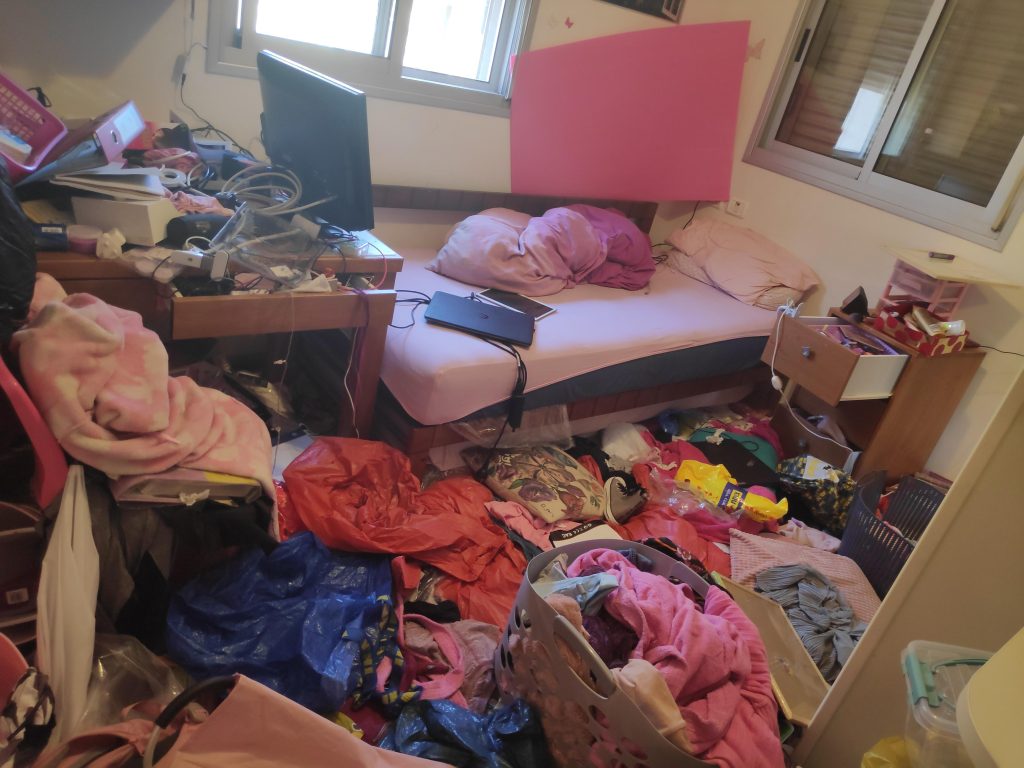 image source: reddit.com
image source: reddit.com
Hoarding items in the bedroom can have several negative consequences for both physical and mental well-being. Excessive clutter not only collects dust and allergens but also impedes airflow and circulation within the room. Dust and allergens trapped within clutter can exacerbate respiratory issues and allergies, leading to discomfort and poor sleep quality.
16. You never disinfect any surfaces
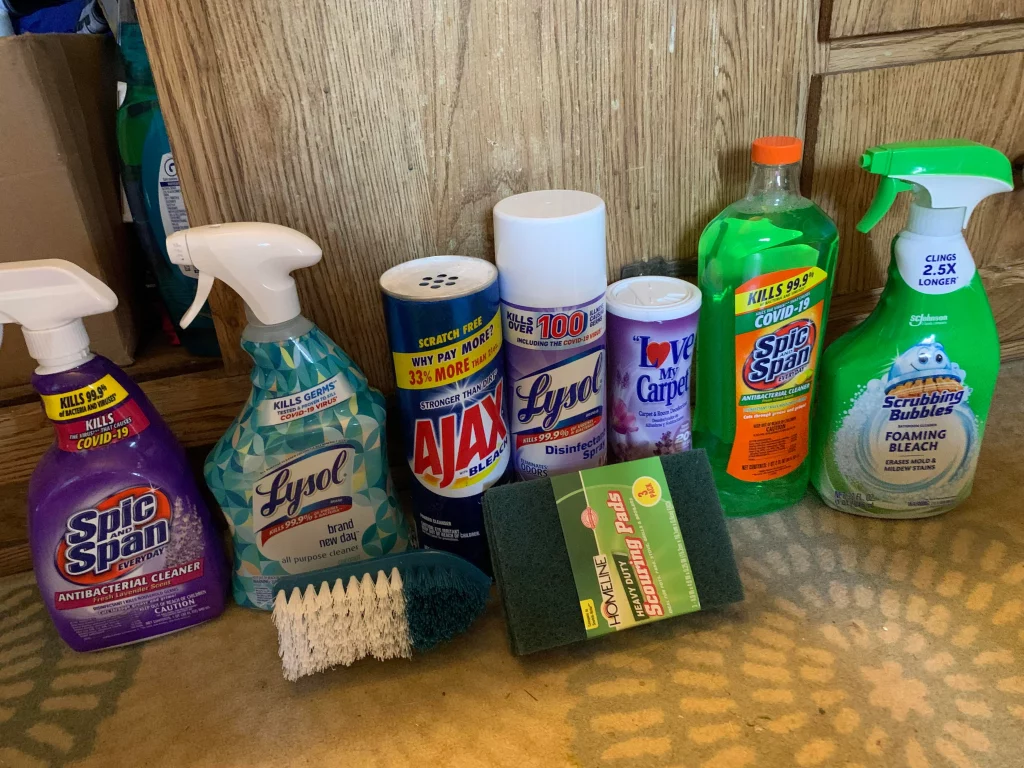 image source: reddit.com
image source: reddit.com
Not cleaning or disinfecting commonly touched surfaces within the bedroom can inadvertently create a breeding ground for harmful pathogens. Surfaces such as doorknobs, light switches, and bedside tables are frequently touched by multiple individuals, making them prime locations for the accumulation and spread of bacteria and viruses.
17. That nightstand of personal care products is expired
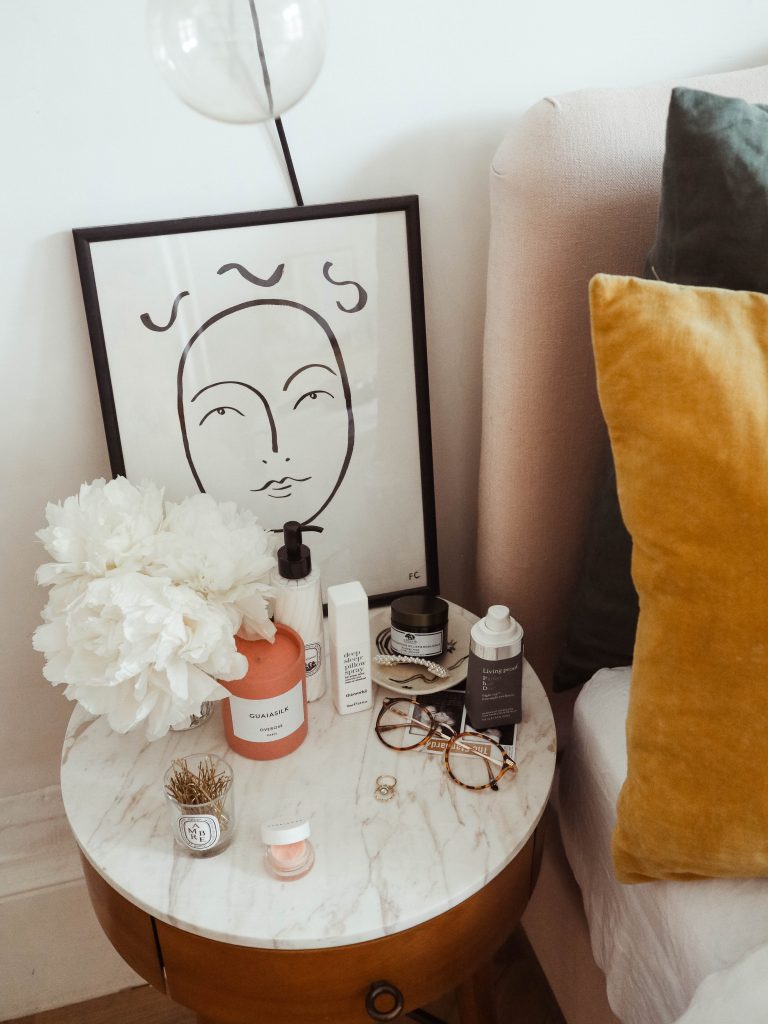 image source: katelavie.com
image source: katelavie.com
Using old or expired personal care products in the bedroom can pose risks to both hygiene and skin health. Over time, personal care products such as skincare items, cosmetics, and toiletries can degrade and become less effective, rendering them more susceptible to bacterial contamination.
18. You've had the same mattress your whole life and never cleaned it
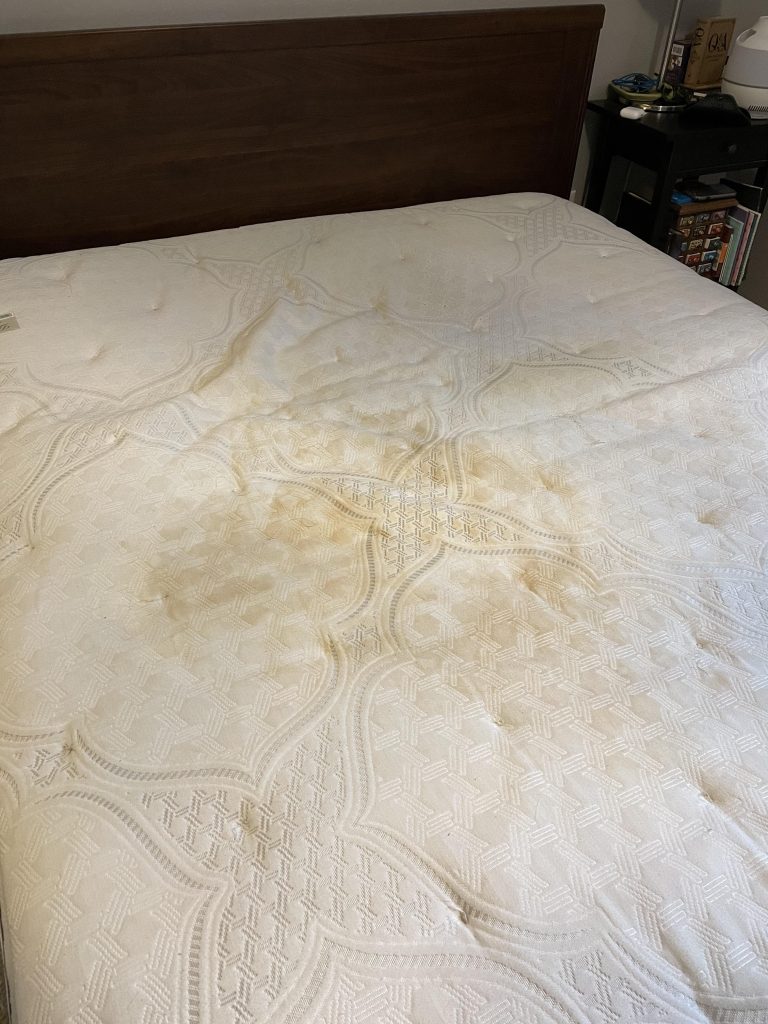 image source: reddit.com
image source: reddit.com
Not cleaning or replacing your mattress regularly can have significant consequences for both hygiene and sleep quality. Mattresses accumulate a variety of substances over time, including dust mites, sweat, bodily oils, and dead skin cells, creating an environment that is conducive to bacterial and fungal growth.
19. You do clean, but you're using harsh chemical cleaners
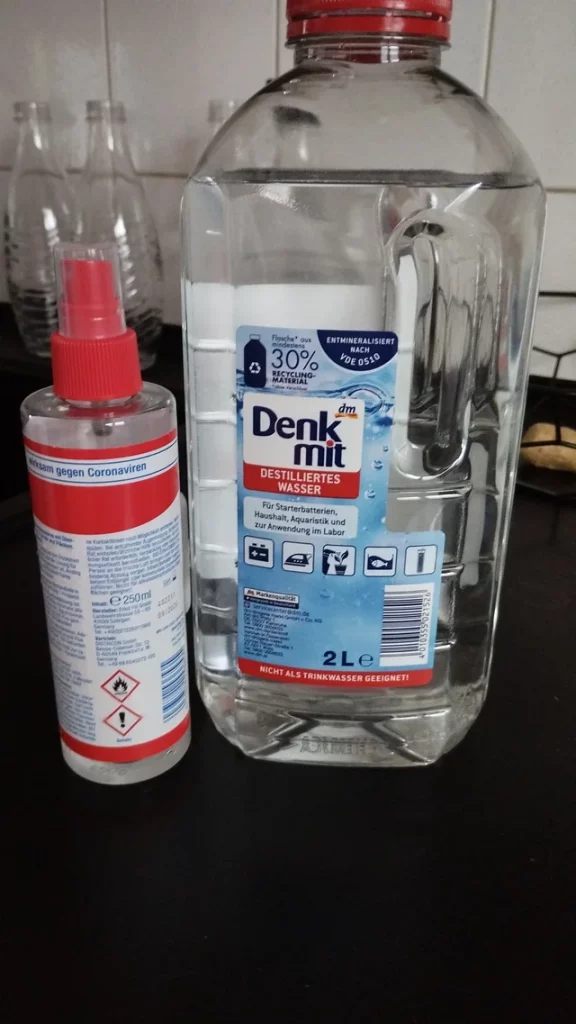
image source: reddit.com
Using harsh chemical cleaners in the bedroom can inadvertently introduce harmful substances into the air and onto surfaces, potentially compromising indoor air quality and triggering respiratory issues. Strong cleaning products often contain volatile organic compounds (VOCs) and other harsh chemicals that can leave behind residue on surfaces and emit fumes into the air.
20. You're going to sleep with wet hair
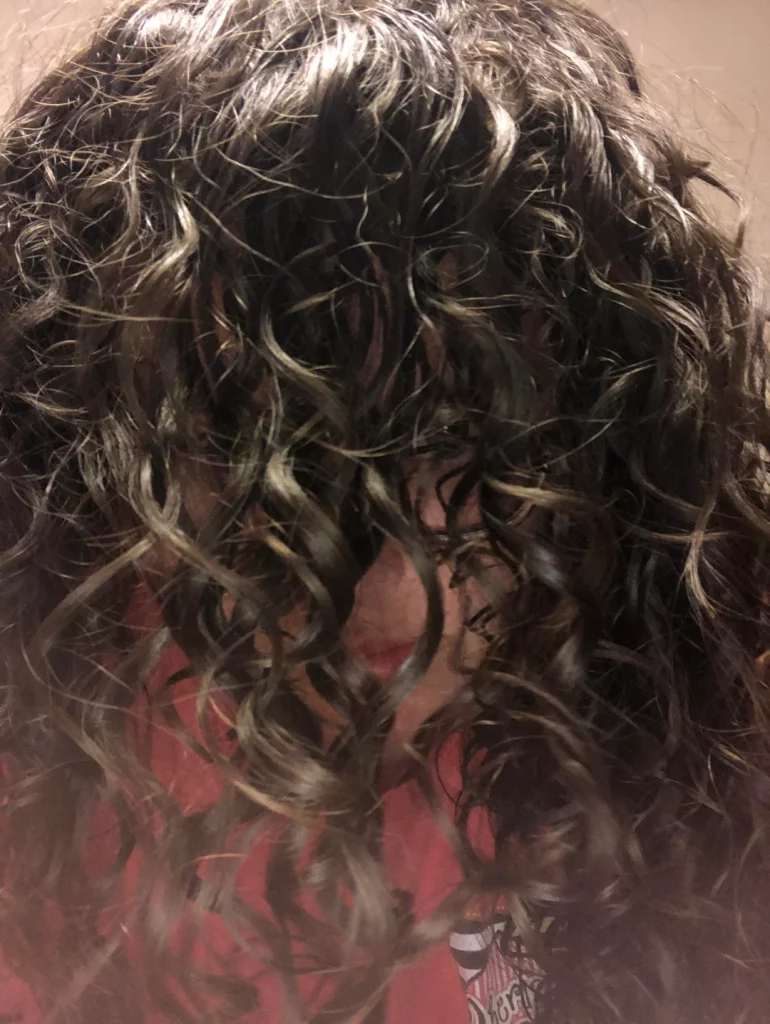 image source: reddit.com
image source: reddit.com
Sleeping with wet hair can create an environment conducive to mold and mildew growth on pillows and bedding, leading to musty odors and potential health issues. Moisture from wet hair can transfer to pillows and bedding, providing the perfect conditions for mold and mildew spores to proliferate.
21. You share your bed with someone else
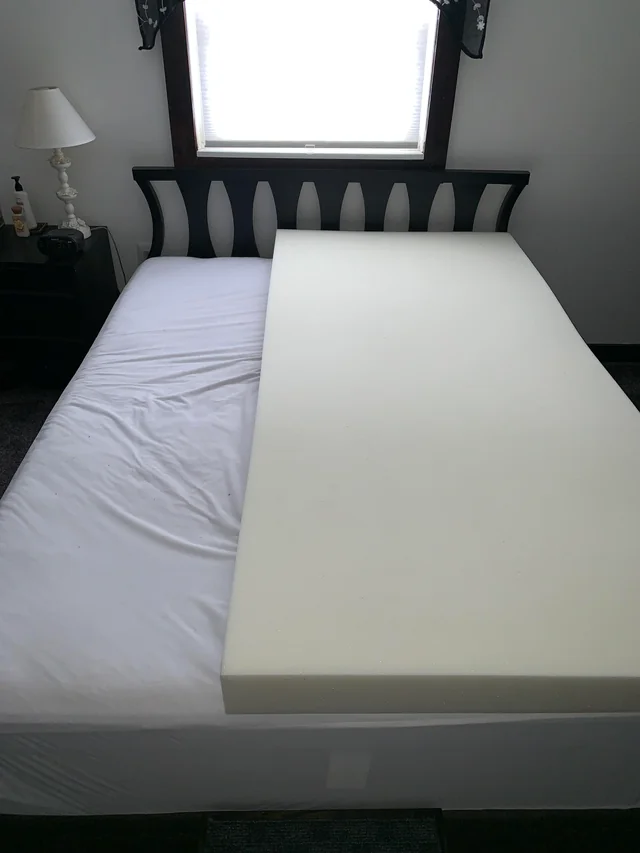 image source: reddit.com
image source: reddit.com
Sharing pillows or bedding with others can inadvertently transfer sweat, oils, and bacteria between individuals, increasing the risk of infection or allergies. Bedding acts as a reservoir for skin cells, sweat, and body oils, which can harbor bacteria and other microorganisms. When individuals share pillows or bedding, these contaminants can be transferred from one person to another.
22. You use very heavily-scented candles or air fresheners in the bedroom
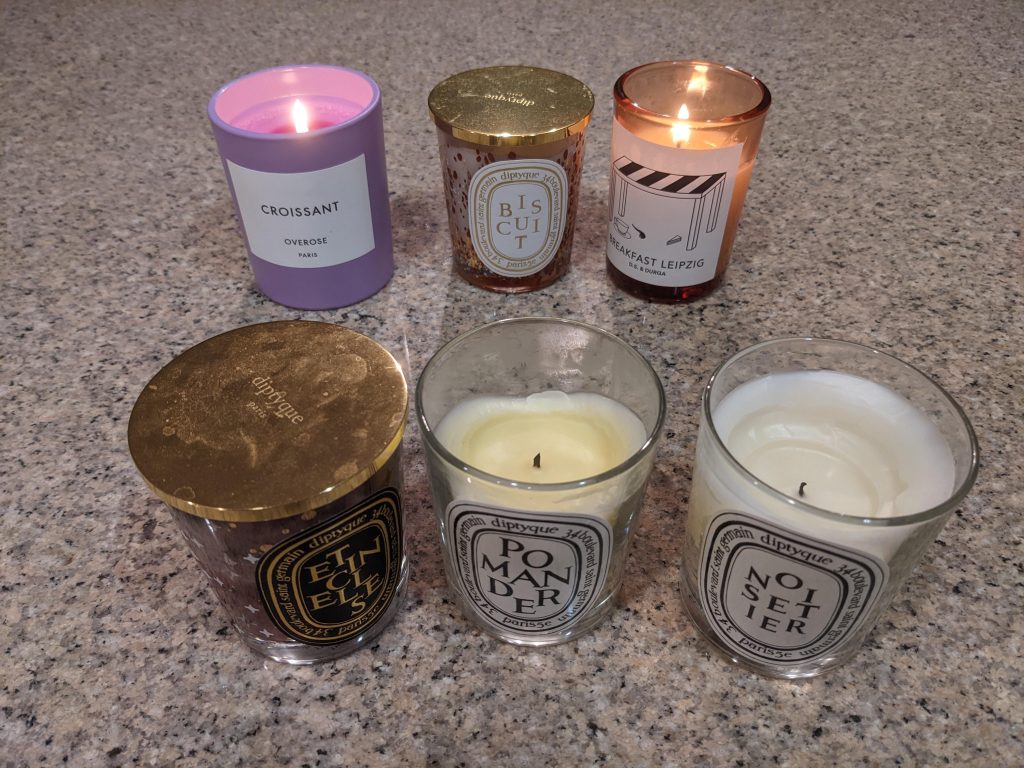 image source: reddit.com
image source: reddit.com
Using heavily scented air fresheners or candles in the bedroom can introduce artificial fragrances that may irritate respiratory passages and trigger allergic reactions in sensitive individuals. Many commercial air fresheners and scented candles contain synthetic fragrances and chemicals that can emit volatile organic compounds (VOCs) into the air.
23. You don't check for pests - or you ignore signs of them!
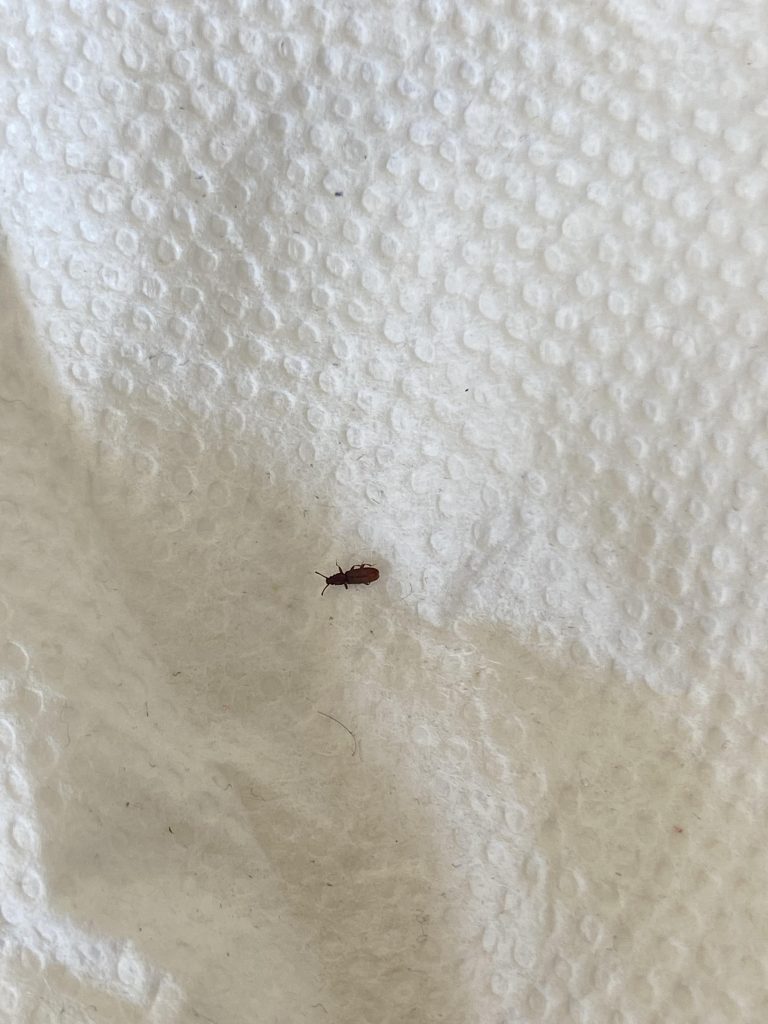 image source: reddit.com
image source: reddit.com
Ignoring signs of pests in the bedroom can have several negative consequences for both hygiene and health. Bed bugs, for example, feed on human blood and can leave behind itchy bite marks and fecal stains on bedding and furniture. Dust mites, on the other hand, feed on dead skin cells and thrive in warm, humid environments, such as mattresses and pillows.
24. You don't properly store, or dispose of, any medication
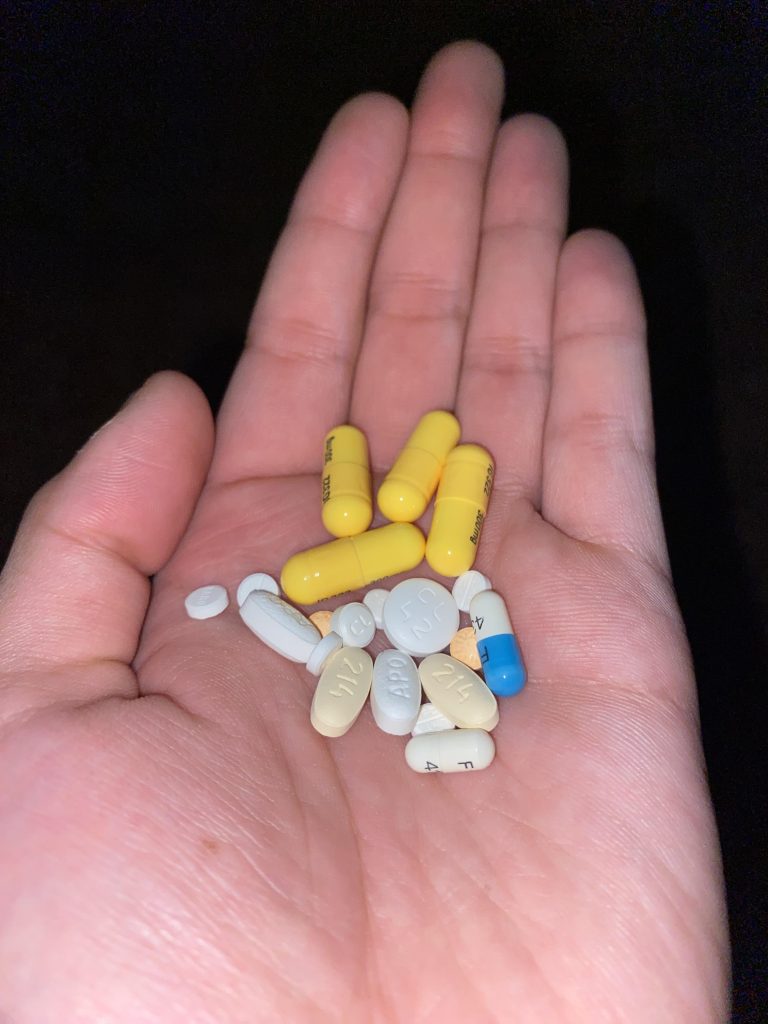 image source: reddit.com
image source: reddit.com
Not properly storing or disposing of medications can have serious consequences for both personal health and safety. Expired or unused medications, if not disposed of properly, can degrade over time, rendering them ineffective or even harmful if ingested. Improper disposal methods, such as flushing medications down the toilet or throwing them in the trash, can also lead to environmental contamination and pose risks to wildlife.
25. Your bedding is completely worn out and old
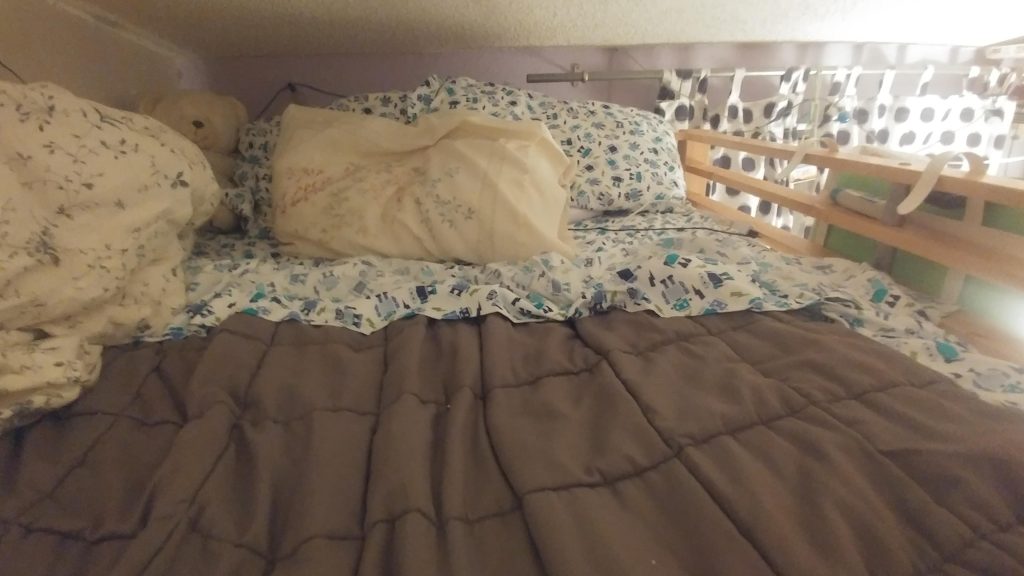 image source: reddit.com
image source: reddit.com
Using old or worn-out bedding can contribute to poor sleep quality and potential health issues. Over time, bedding materials such as sheets, pillowcases, and mattress covers can become worn, frayed, or threadbare, providing an ideal environment for the accumulation of dust mites, mold, and bacteria.
26. You never bother to get the humidity levels just right
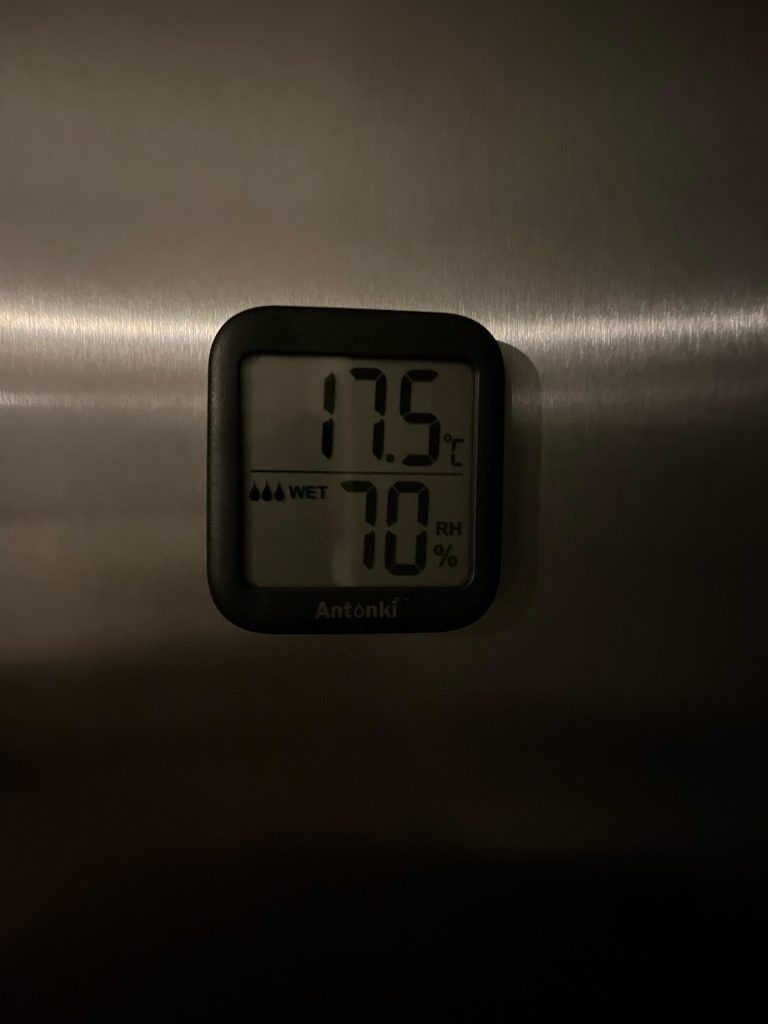 image source: reddit.com
image source: reddit.com
Not maintaining proper humidity levels in the bedroom can have significant effects on indoor air quality and overall comfort. Excessively dry air can lead to symptoms such as dry skin, irritated nasal passages, and static electricity buildup, while excessively humid air can promote mold and mildew growth, exacerbate respiratory issues, and create a damp, uncomfortable environment.
27. You sleep with your phone right next to you

image source: reddit.com
Sleeping with your phone or electronic devices next to your bed can disrupt your sleep in multiple ways. The blue light emitted by screens can interfere with your body's natural sleep-wake cycle, suppressing the production of melatonin, a hormone that regulates sleep. Additionally, constant notifications, alerts, or the temptation to check social media can keep your mind stimulated and prevent you from fully relaxing into sleep.
28. You go to bed with a belly full of food
 image source: reddit.com
image source: reddit.com
Going to bed with a full stomach can disrupt your sleep and lead to discomfort throughout the night. Digestion requires energy, and lying down immediately after a large meal can slow down the digestive process and cause acid reflux or heartburn, especially if you consume spicy or acidic foods.
29. You're always using your bed for things other than sleeping or intimacy
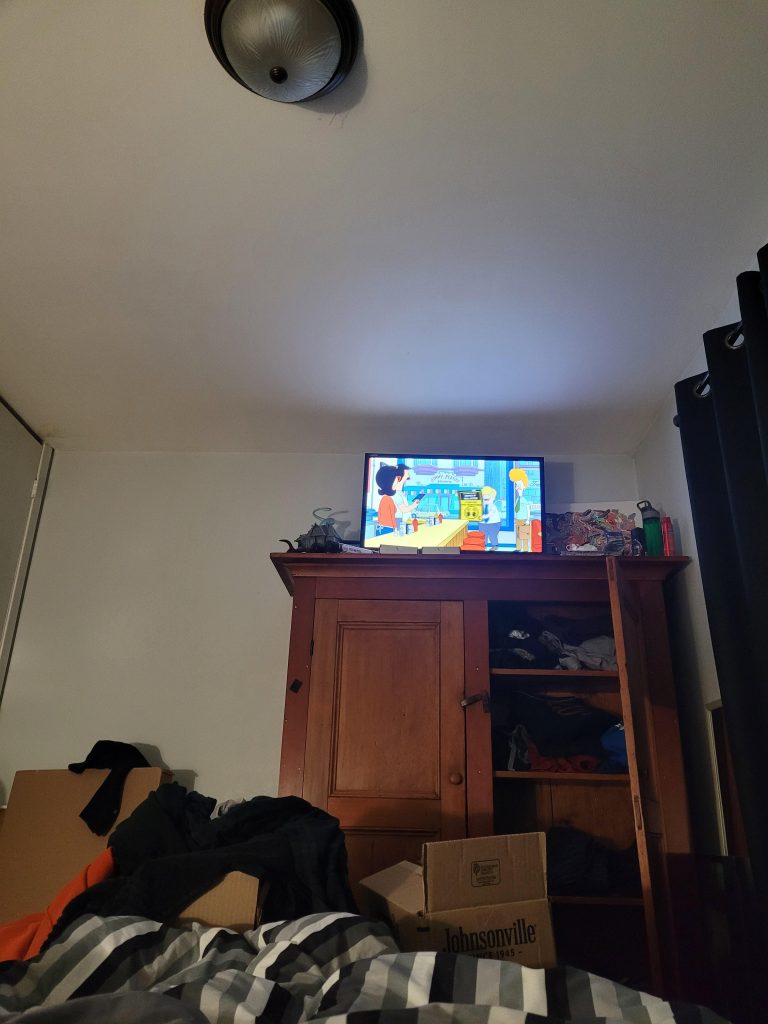 image source: reddit.com
image source: reddit.com
Using your bed for activities other than sleep and intimacy can disrupt your sleep routine and negatively impact your association between the bed and rest. Engaging in activities such as working, watching TV, or using electronic devices in bed can create mental associations that signal wakefulness rather than relaxation.
30. Your mattress or pillow is completely unsupportive
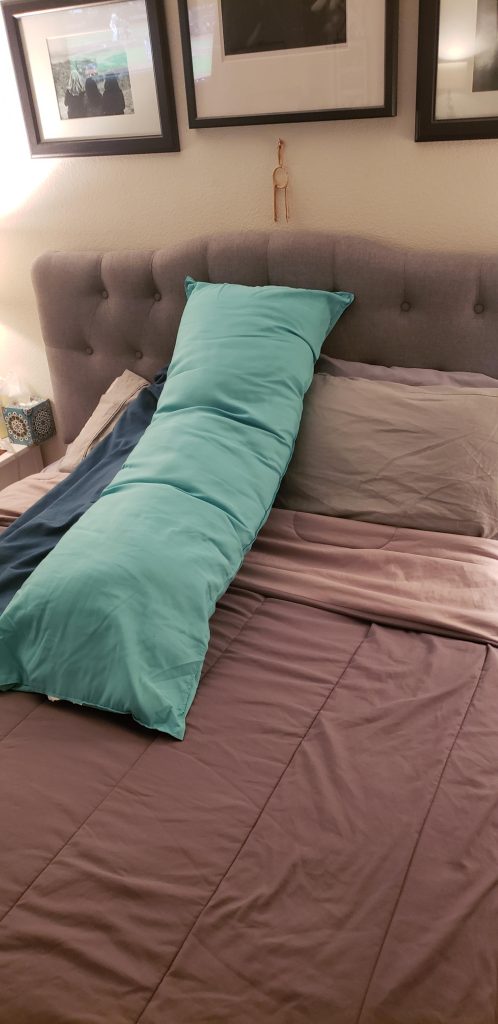
image source: reddit.com
Sleeping in an uncomfortable or unsupportive mattress or pillow can lead to poor sleep quality and discomfort throughout the night. A mattress or pillow that is too firm, too soft, or lacks adequate support can cause aches and pains in the neck, shoulders, back, and hips, leading to restless sleep and potential long-term musculoskeletal issues.
31. You always go to bed with makeup on
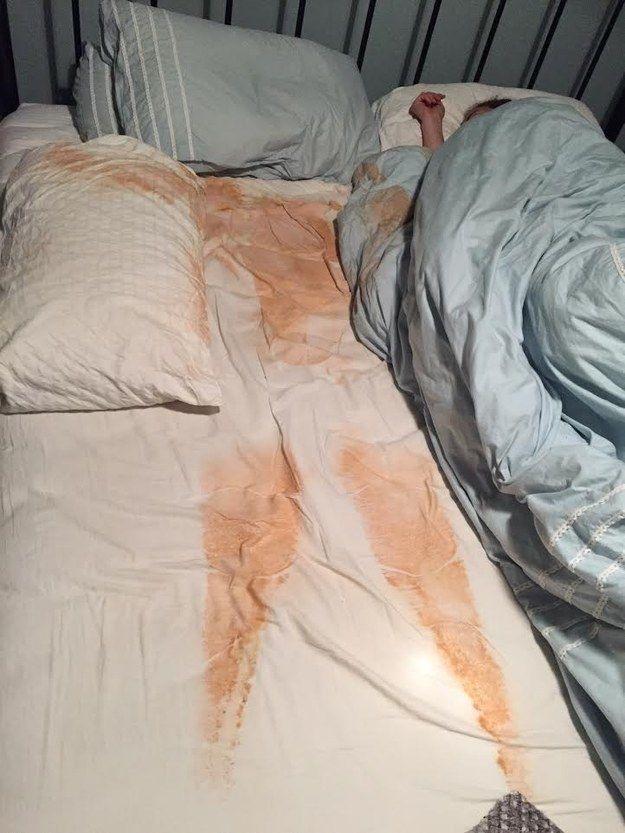
image source: reddit.com
Going to bed with makeup on can have negative effects on your skin health and sleep quality. Makeup, especially if not properly removed, can clog pores and lead to acne breakouts, irritation, and inflammation overnight. Leaving makeup on overnight can also prevent your skin from properly breathing and regenerating, leading to dullness and premature aging over time.
32. Your pets sleep in the bed with you
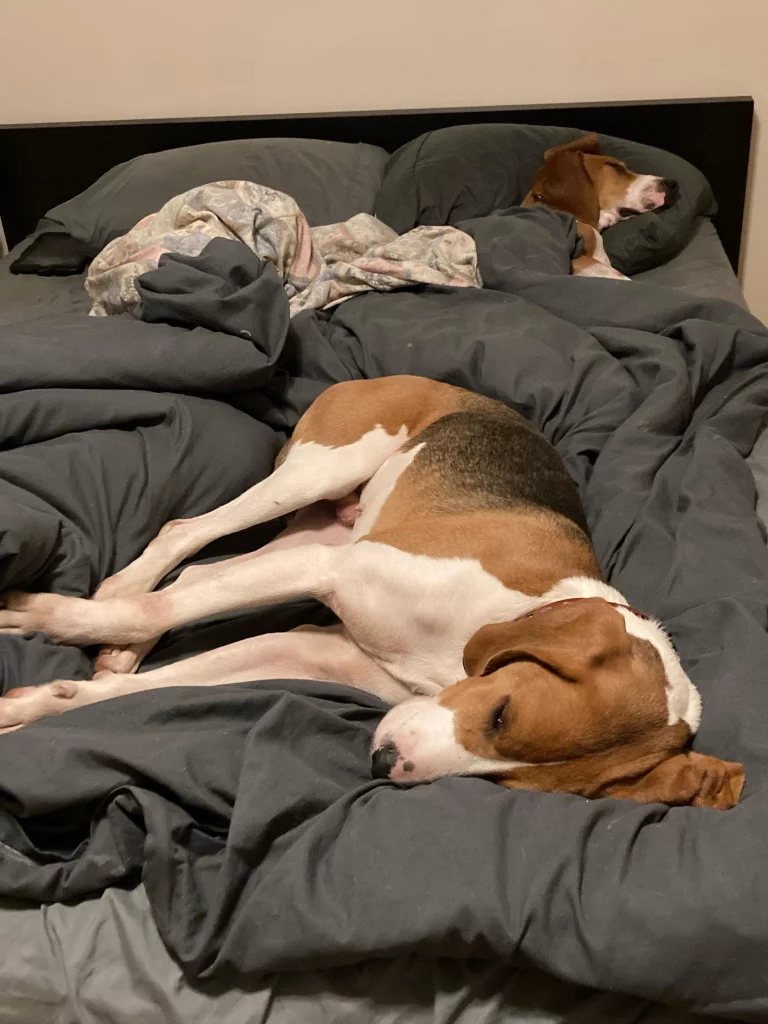 image source: reddit.com
image source: reddit.com
Sleeping with pets in the bed can be both comforting and disruptive to sleep quality, depending on various factors. While the presence of a pet can provide emotional support and warmth, it can also lead to disturbances such as snoring, movement, or pet hair shedding, which may disrupt sleep patterns.
33. You use sleep aids excessively
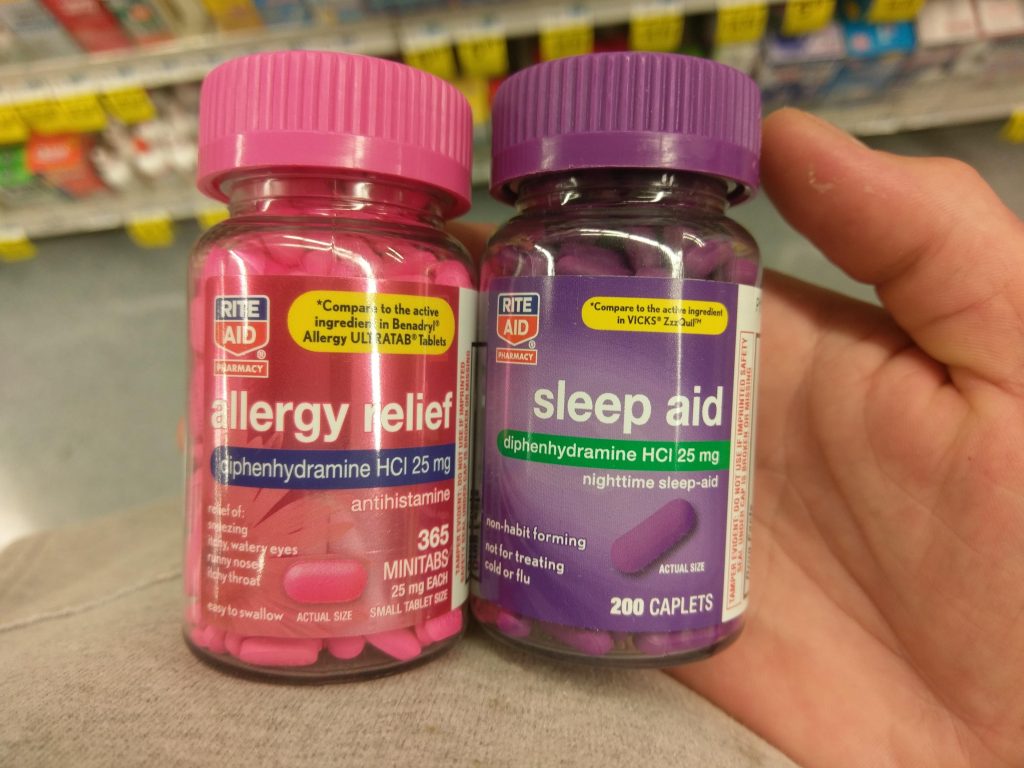 image source: reddit.com
image source: reddit.com
Using sleep aids excessively can lead to dependence, tolerance, and potential adverse effects on overall health and well-being. While sleep aids may provide short-term relief for occasional sleep disturbances, relying on them regularly or in excessive amounts can disrupt the body's natural sleep-wake cycle and lead to rebound insomnia or withdrawal symptoms when discontinued.
34. Your bedroom isn't even remotely ventilated
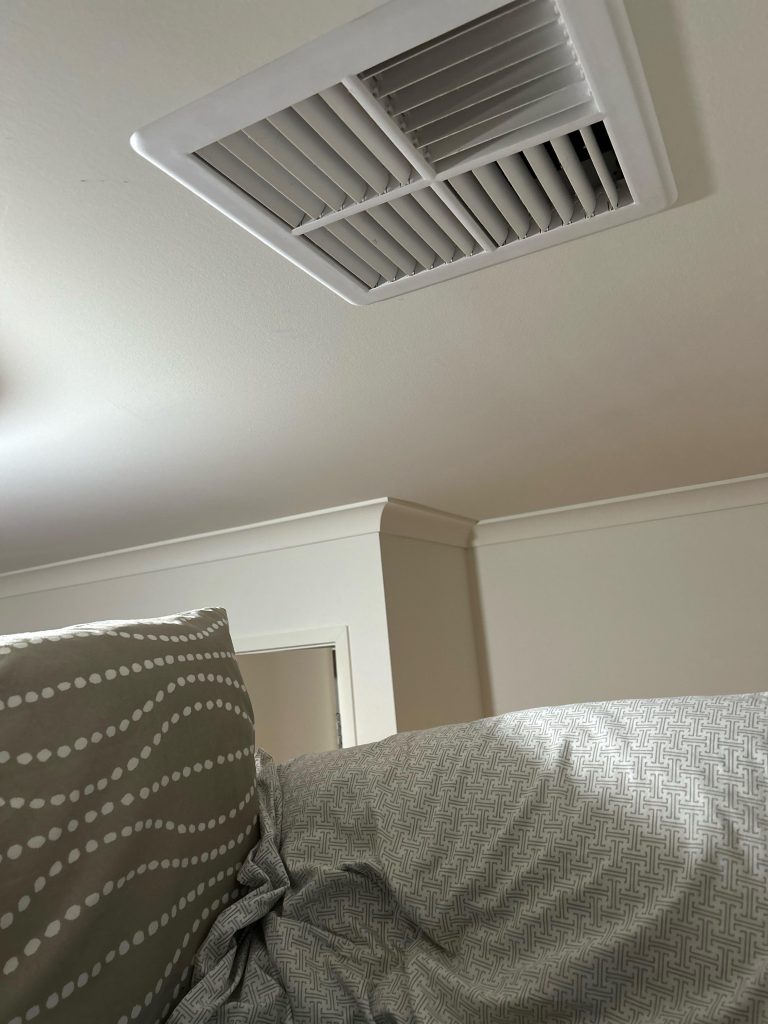 image source: reddit.com
image source: reddit.com
Sleeping in an unventilated room can lead to poor air quality, discomfort, and potential health issues. Without adequate ventilation, stale air, moisture buildup, and indoor pollutants such as dust, allergens, and volatile organic compounds (VOCs) can accumulate, leading to respiratory issues, allergies, and discomfort during sleep.
35. You smoke or vape in bed
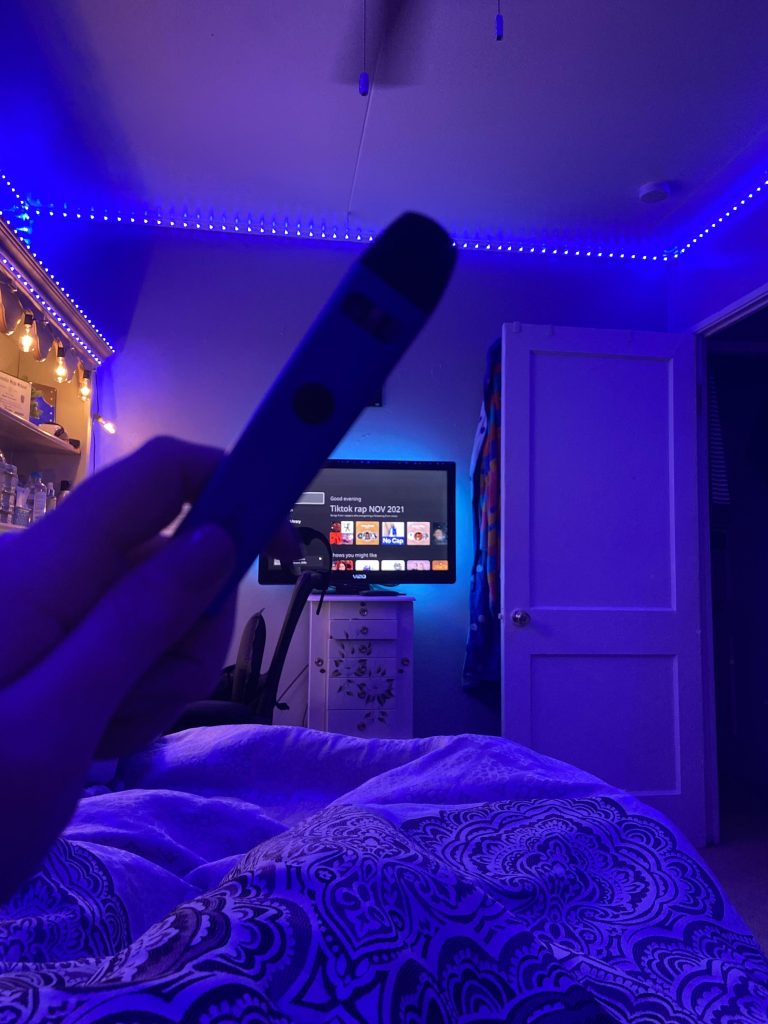 image source: reddit.com
image source: reddit.com
Smoking or vaping in bed poses significant risks to both personal health and safety. Tobacco smoke contains thousands of harmful chemicals, many of which are carcinogenic and can cause respiratory issues, heart disease, and other serious health problems. Additionally, smoking in bed increases the risk of accidental fires.
36. Your alarm clock is ridiculously noisy
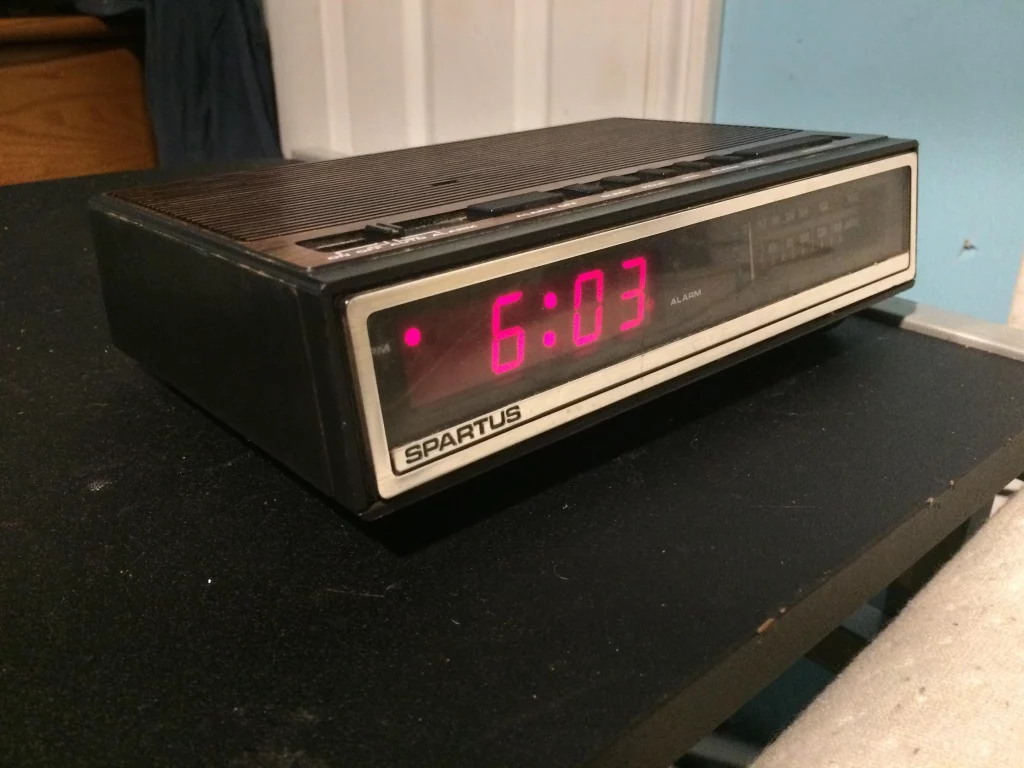 image source: reddit.com
image source: reddit.com
Using a noisy alarm clock can disrupt sleep quality and contribute to feelings of grogginess and fatigue upon waking. Abrupt or jarring alarm sounds can trigger a stress response in the body, leading to elevated heart rate and blood pressure, and potentially disrupting the natural sleep cycle.
37. You sleep with your hair tied tight and uncomfortably
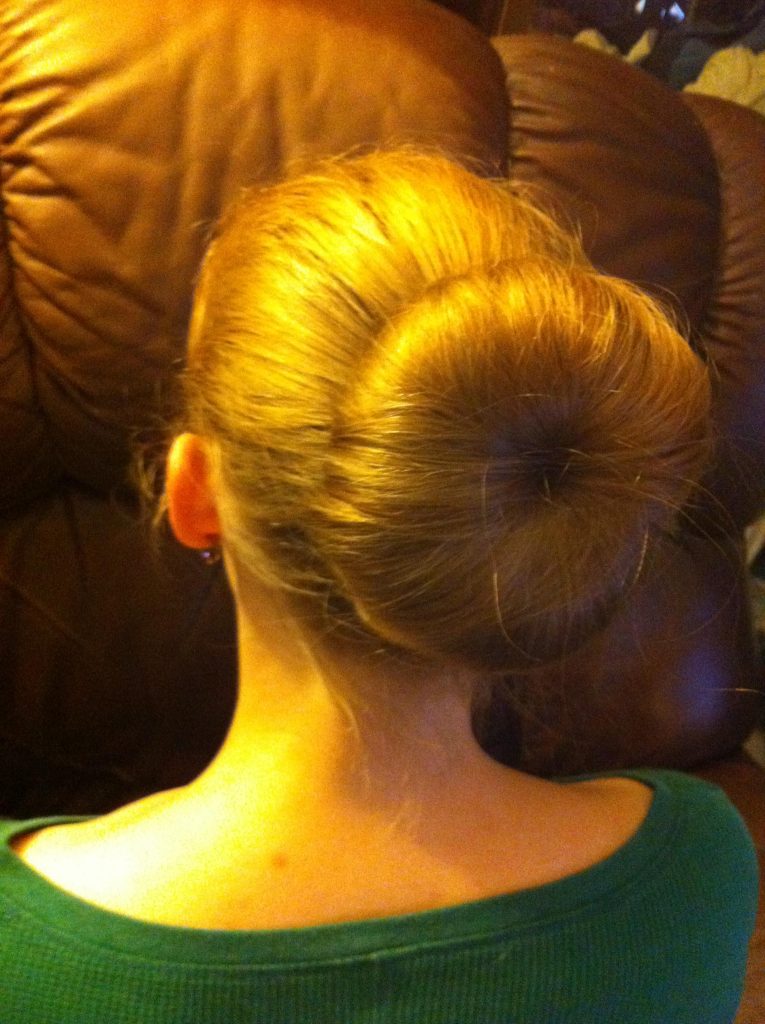 image source: reddit.com
image source: reddit.com
Sleeping with a tight or uncomfortable hairstyle can not only lead to discomfort but also negatively impact sleep quality. Tight hairstyles, such as ponytails or braids, can exert pressure on the scalp, leading to headaches, scalp pain, and even hair breakage. Additionally, wearing tight hair accessories or styles that pull on the hair can disrupt blood flow to the scalp.
38. You sleep with socks on that are far too tight or dirty
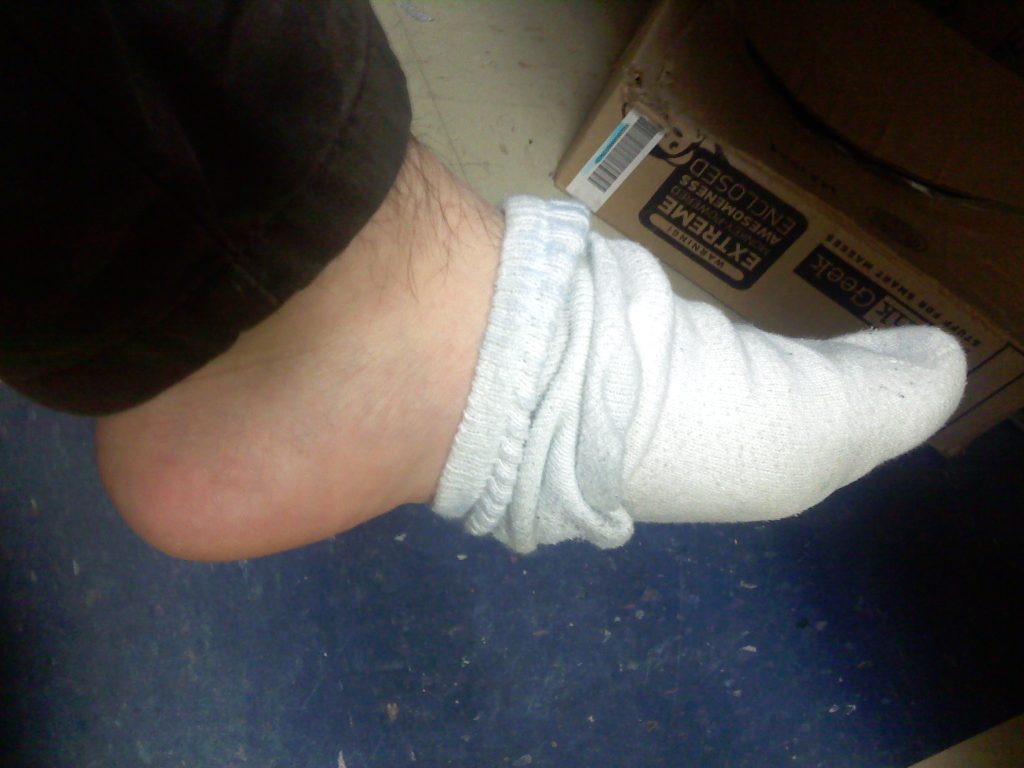 image source: reddit.com
image source: reddit.com
Sleeping with socks on that are too tight can impede blood circulation and lead to discomfort or pain in the feet. Tight socks can constrict blood vessels and inhibit the flow of blood to the extremities, leading to numbness, tingling, or even swelling in the feet and ankles. Additionally, wearing tight socks during sleep can exacerbate conditions such as neuropathy or peripheral vascular disease.
39. You go to bed with a fan blowing directly on your face
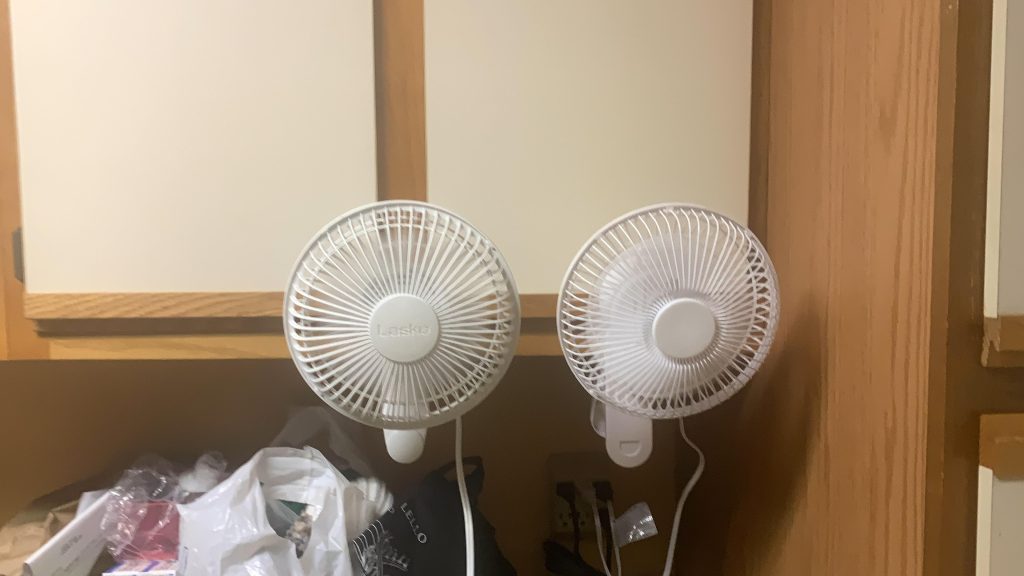 image source: reddit.com
image source: reddit.com
Sleeping with a fan directly blowing on your face can have both positive and negative effects on sleep quality and comfort. While the gentle breeze from a fan can help promote airflow and create a cooling sensation, excessive airflow or direct exposure to the face can lead to discomfort, dryness, and irritation of the eyes, nose, and throat.
40. The mattress you have might be emitting harsh chemicals
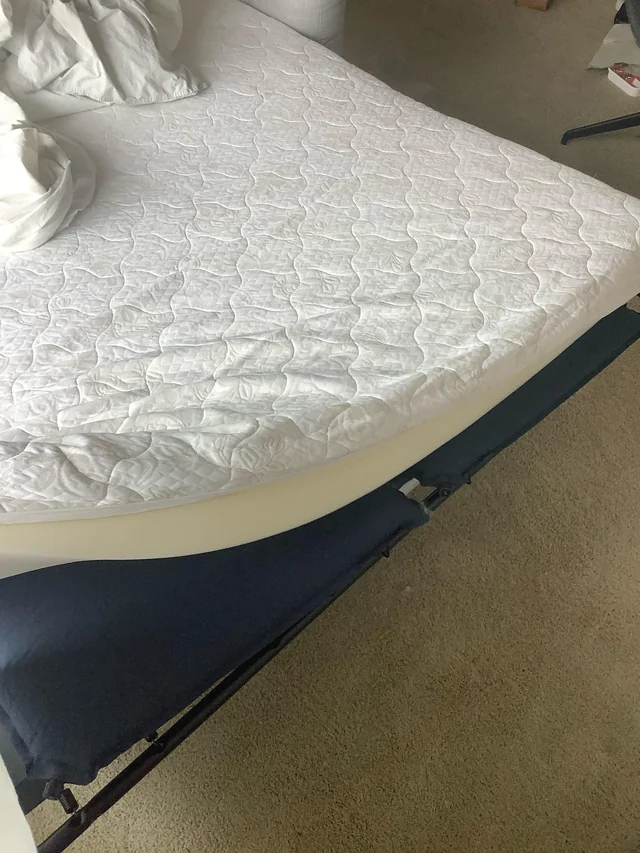 image source: reddit.com
image source: reddit.com
Using a mattress that emits harmful chemicals can pose risks to both personal health and indoor air quality. Many conventional mattresses are made with synthetic materials such as polyurethane foam, which may contain volatile organic compounds (VOCs) and other chemicals that off-gas over time. Prolonged exposure to these chemicals has been associated with adverse health effects.
41. You're sleeping in clothing that's far too restrictive
 image source: reddit.com
image source: reddit.com
Sleeping in uncomfortable or restrictive clothing can interfere with sleep quality and overall comfort. Tight or constrictive clothing can restrict blood flow and inhibit movement during sleep, leading to discomfort, restlessness, and disrupted sleep patterns. Additionally, clothing made from non-breathable materials or synthetic fabrics may trap heat and moisture against the skin.
42. The pillow you use causes allergy or respiratory problems
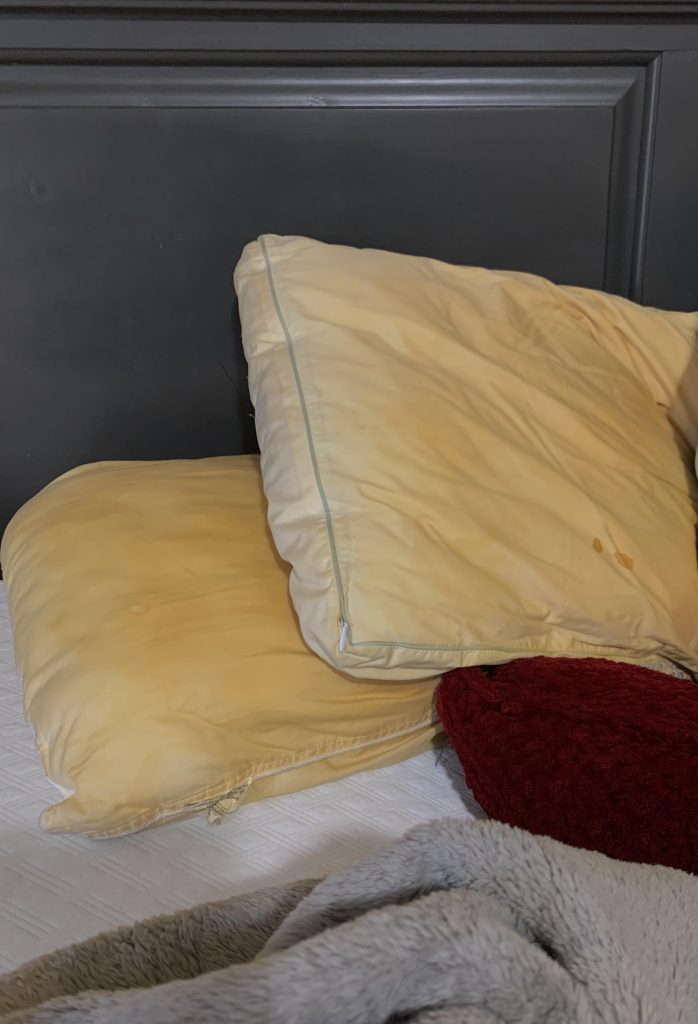 image source: reddit.com
image source: reddit.com
Using a pillow that triggers allergies or respiratory issues can significantly impact sleep quality and overall well-being. Pillows can accumulate dust mites, mold spores, pet dander, and other allergens over time, especially if not properly cleaned or replaced regularly. For individuals with allergies or asthma, exposure to these allergens can exacerbate symptoms such as sneezing and congestion.
43. You've never cleaned your bedroom light switch
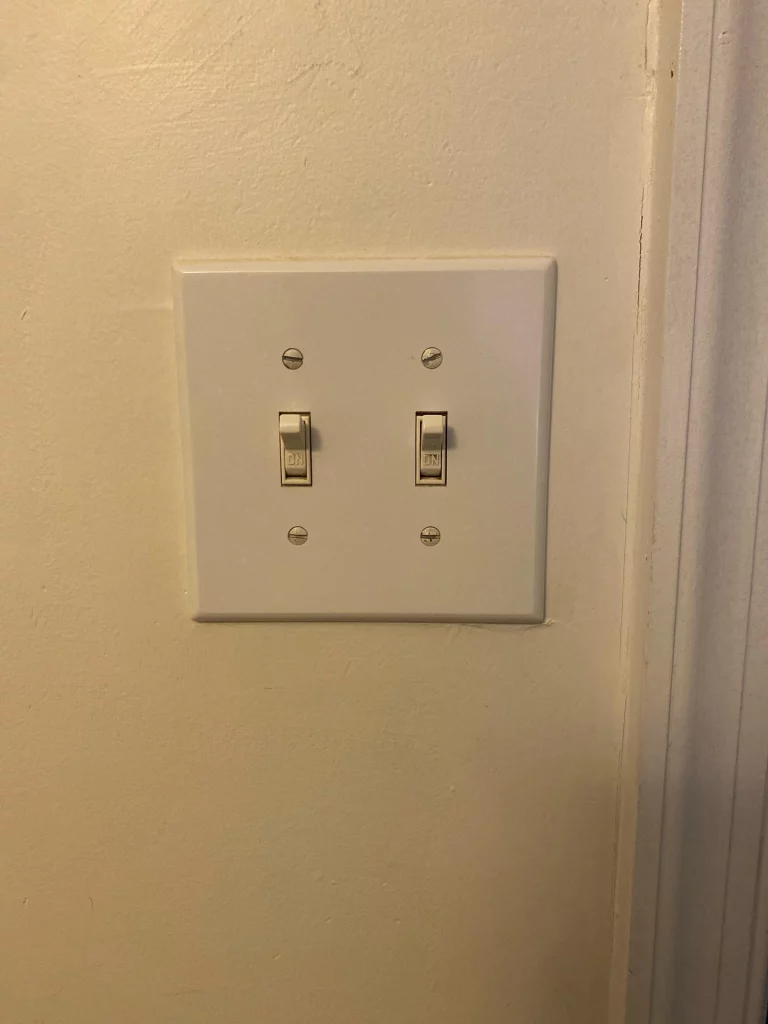 image source: reddit.com
image source: reddit.com
Neglecting to clean or disinfect commonly touched surfaces such as doorknobs, light switches, and remote controls poses a significant risk of illness transmission within the household. These high-touch surfaces serve as hotspots for the accumulation and spread of bacteria and viruses, as they are frequently contacted by multiple individuals throughout the day.
44. You never wash your hands before getting into bed
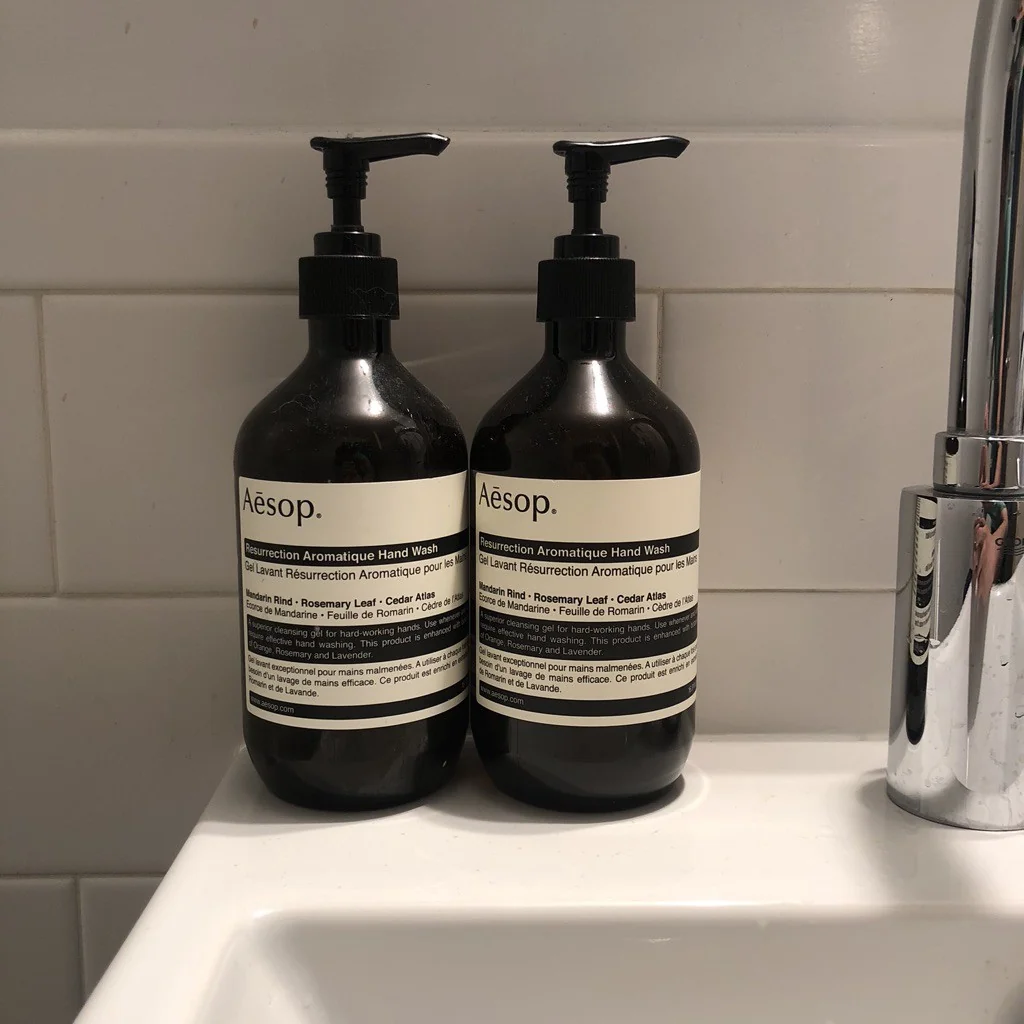 image source: reddit.com
image source: reddit.com
Not washing your hands before getting into bed may seem like a minor oversight, but it can have significant implications for your health and hygiene. Throughout the day, our hands come into contact with various surfaces and objects, picking up bacteria, viruses, and other germs along the way. Failing to wash your hands before climbing into bed means transferring these pathogens directly onto your bedding.
45. You never clean personal items at your bedside, like a hairbrush or glasses
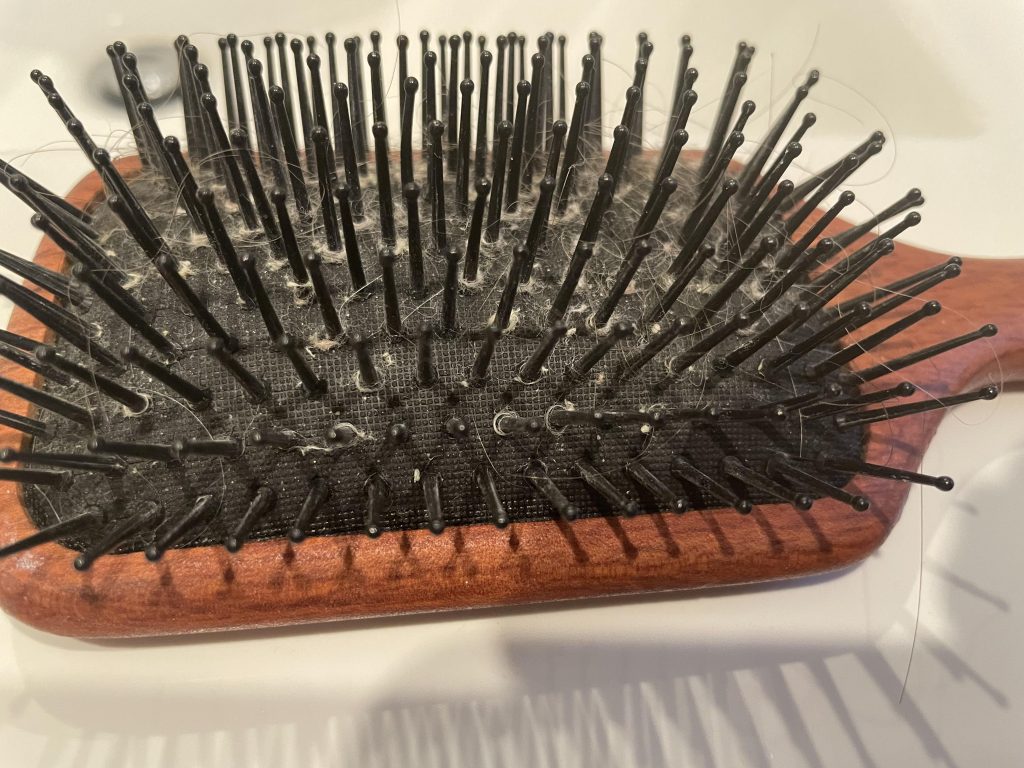 image source: reddit.com
image source: reddit.com
Not cleaning or disinfecting personal items such as eyeglasses, phones, or hairbrushes regularly can create a breeding ground for bacteria and contribute to various health issues. These items come into contact with our hands, face, and hair throughout the day, picking up sweat, oils, dead skin cells, and environmental pollutants in the process.
46. You wash your sheets, but you've never, ever washed your bed throw
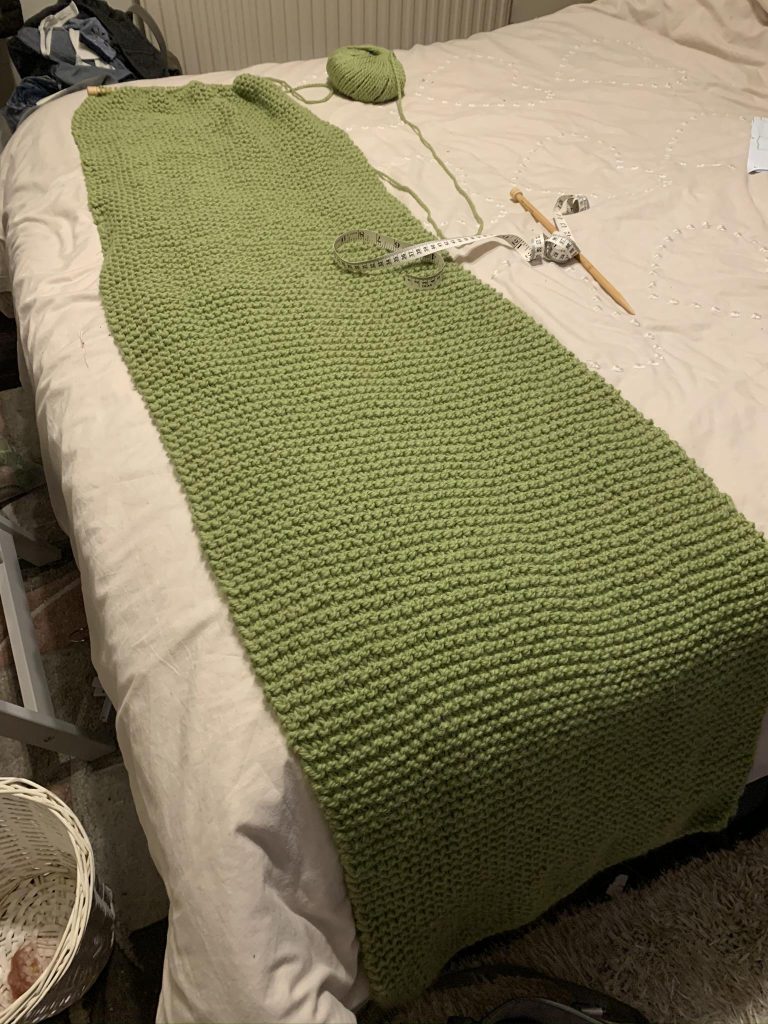 image source: reddit.com
image source: reddit.com
Neglecting to wash your bed throw may seem inconsequential, but it can lead to a buildup of dirt, dust, oils, and allergens that can impact both your health and the cleanliness of your bedroom environment. Bed throws often serve as decorative accents or additional layers of warmth on the bed, making them prone to collecting dust and debris over time.
47. You've never washed or changed your decorative throw pillows
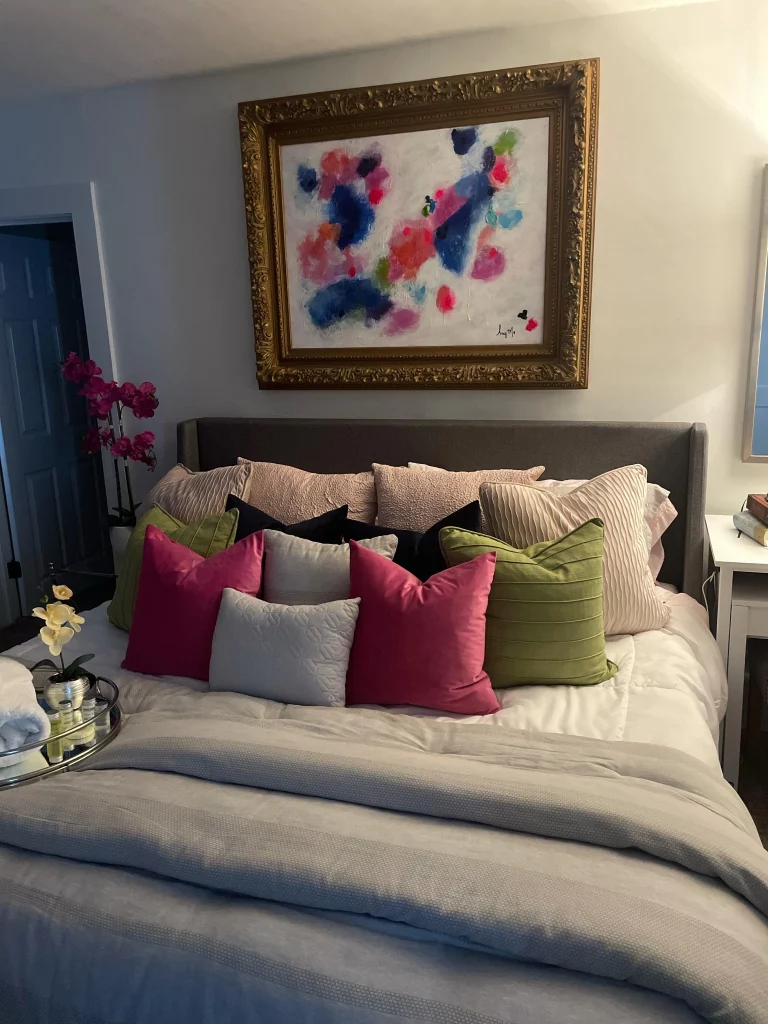 image source: reddit.com
image source: reddit.com
Using the same decorative pillows on the bed for an extended period without cleaning or replacing them can have significant consequences for both hygiene and health. Decorative pillows, while adding aesthetic appeal to the bedroom, often go overlooked when it comes to regular cleaning routines.
48. You replace your mattress, but you've never cleaned your mattress protector
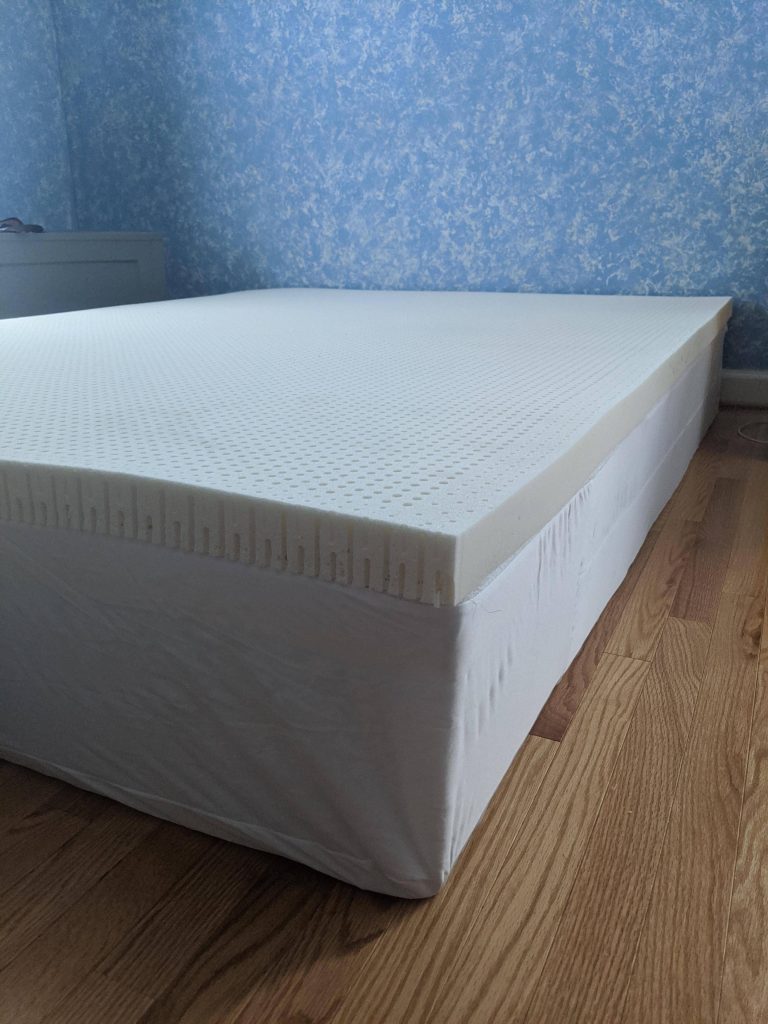 image source: reddit.com
image source: reddit.com
Not cleaning or replacing your mattress protector regularly can have significant consequences for both the hygiene of your mattress and your overall health. A mattress protector acts as a barrier between your mattress and potential contaminants such as sweat, spills, and body oils.
49. You've never washed your bedtime slippers - not once!
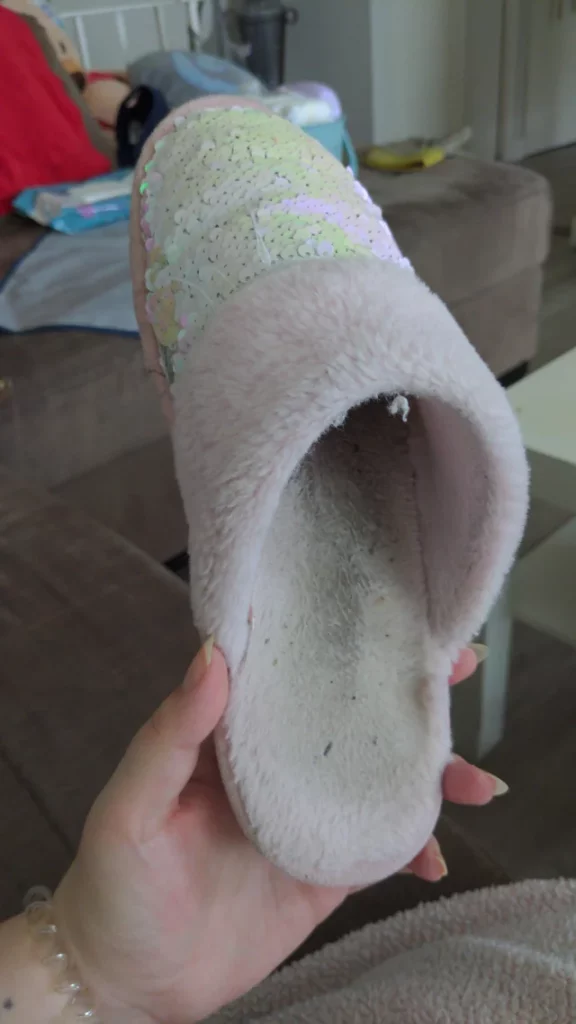
image source: reddit.com
Using old or worn-out slippers or bedroom shoes may seem innocuous, but it can have implications for both personal hygiene and indoor air quality. Over time, these footwear items can accumulate dirt, bacteria, and odors from regular wear, creating a breeding ground for germs that can spread onto bedroom floors and surfaces.
50. You have a build up of expired air fresheners
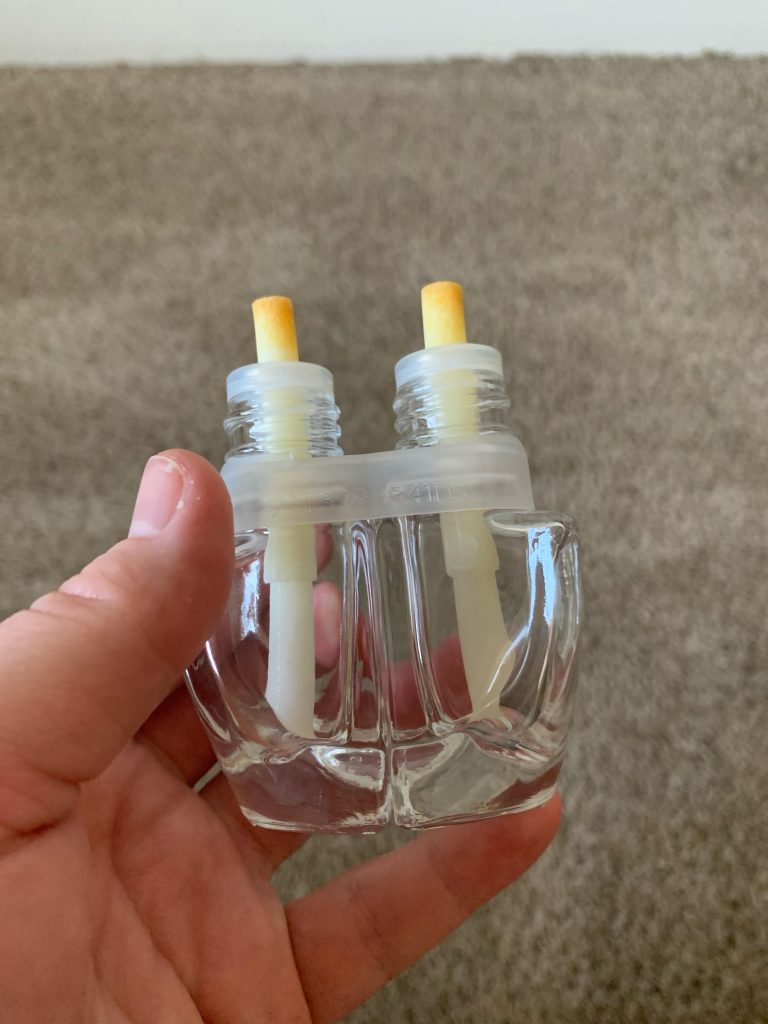 image source: reddit.com
image source: reddit.com
Expired air fresheners may lose their effectiveness and emit unpleasant or overpowering odors that can be irritating to the respiratory system. To promote better indoor air quality and respiratory health, it's advisable to opt for natural or fragrance-free alternatives to air fresheners, such as opening windows for ventilation, using essential oil diffusers, or incorporating indoor plants that can help purify the air.
 image source: reddit.com
image source: reddit.com
 image source: reddit.com
image source: reddit.com image source: reddit.com
image source: reddit.com image source: reddit.com
image source: reddit.com image source: reddit.com
image source: reddit.com
 image source: reddit.com
image source: reddit.com image source: reddit.com
image source: reddit.com image source: reddit.com
image source: reddit.com image source: reddit.com
image source: reddit.com image source: reddit.com
image source: reddit.com image source: reddit.com
image source: reddit.com image source: reddit.com
image source: reddit.com image source: reddit.com
image source: reddit.com image source: reddit.com
image source: reddit.com image source: katelavie.com
image source: katelavie.com image source: reddit.com
image source: reddit.com
 image source: reddit.com
image source: reddit.com image source: reddit.com
image source: reddit.com image source: reddit.com
image source: reddit.com image source: reddit.com
image source: reddit.com image source: reddit.com
image source: reddit.com image source: reddit.com
image source: reddit.com image source: reddit.com
image source: reddit.com
 image source: reddit.com
image source: reddit.com image source: reddit.com
image source: reddit.com

 image source: reddit.com
image source: reddit.com image source: reddit.com
image source: reddit.com image source: reddit.com
image source: reddit.com image source: reddit.com
image source: reddit.com image source: reddit.com
image source: reddit.com image source: reddit.com
image source: reddit.com image source: reddit.com
image source: reddit.com image source: reddit.com
image source: reddit.com image source: reddit.com
image source: reddit.com image source: reddit.com
image source: reddit.com image source: reddit.com
image source: reddit.com image source: reddit.com
image source: reddit.com image source: reddit.com
image source: reddit.com image source: reddit.com
image source: reddit.com image source: reddit.com
image source: reddit.com image source: reddit.com
image source: reddit.com image source: reddit.com
image source: reddit.com
 image source: reddit.com
image source: reddit.com